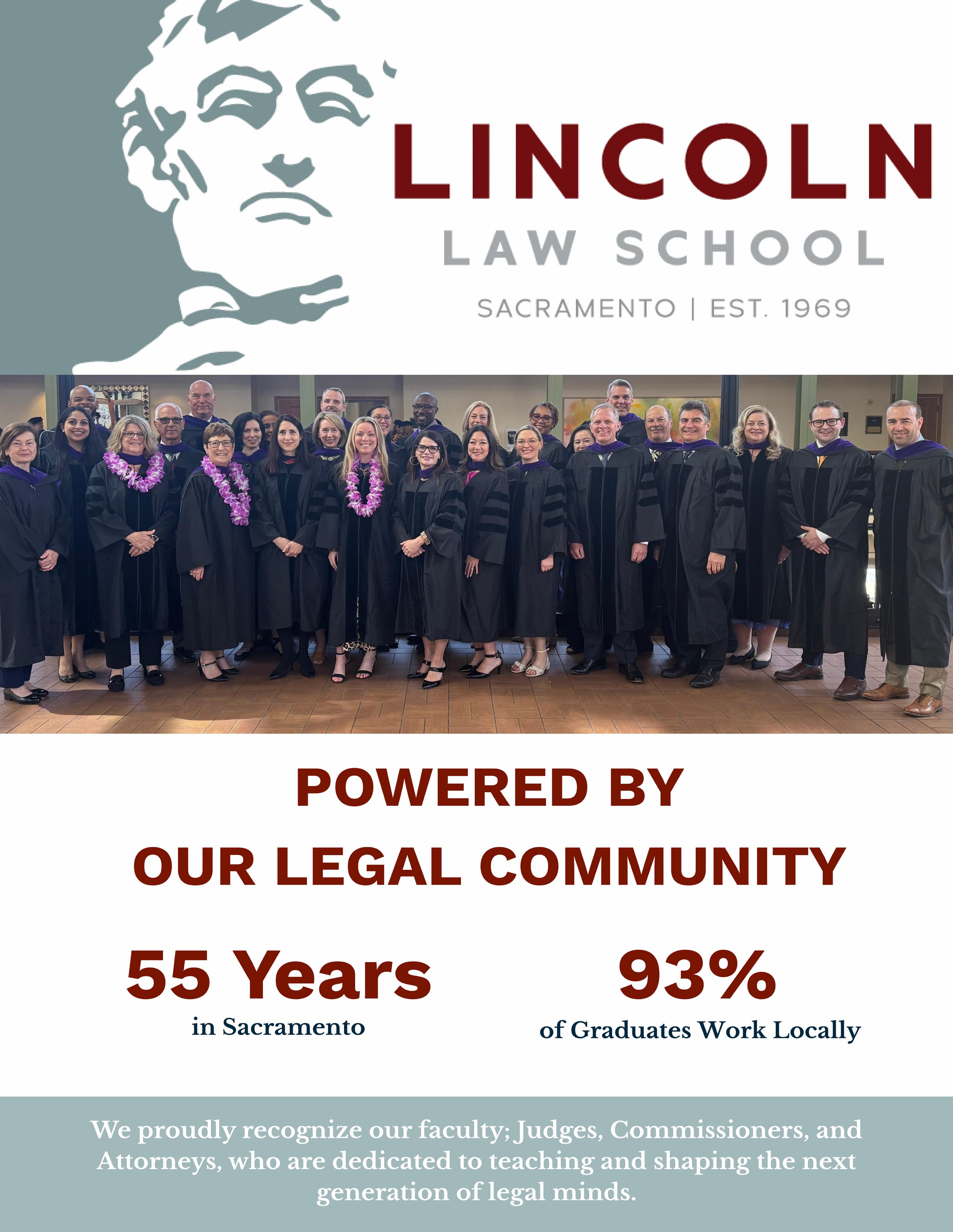







Sacramento Lawyer welcomes letters and article suggestions from readers. Please e-mail them to support@sacbar.org. The SCBA reserves the right to edit articles and letters submitted for publication. Please contact the SCBA at 916-564-3780 for deadline information. Web page: www.sacbar.org. Caveat: Articles and other work submitted to Sacramento Lawyer become the copyrighted property of the SCBA. Returns of tangible items such as photographs are by permission of the editors, by pickup at the SCBA office only. 6 4 29 24 14 13
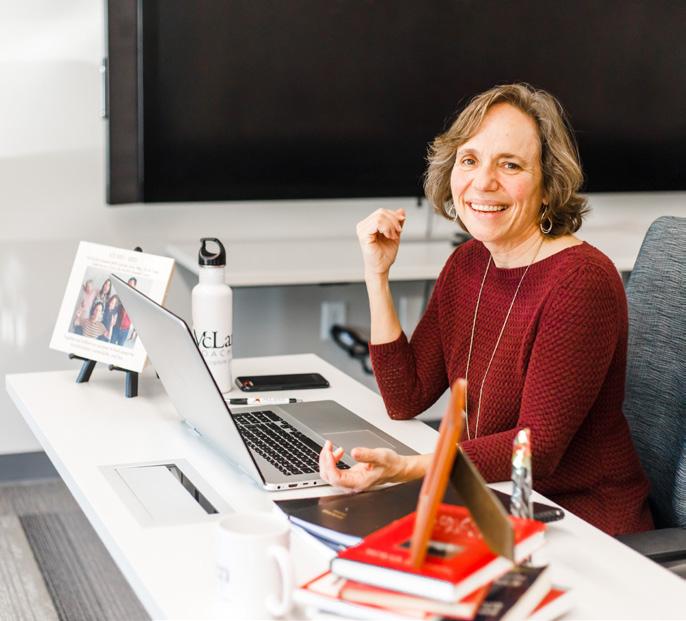
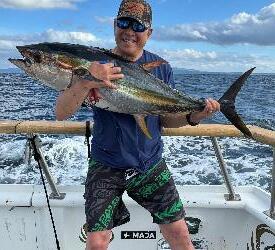
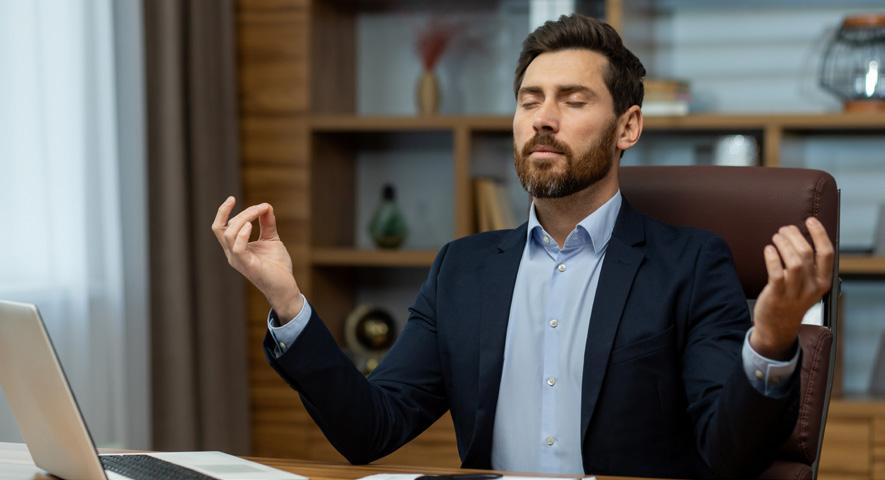

20

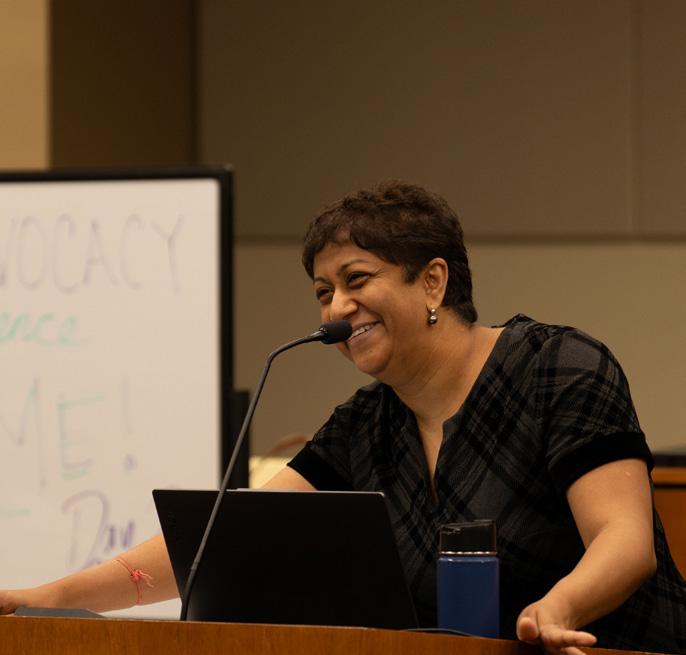
Sacramento Lawyer (USPS 0981-300) is published by the Sacramento County Bar Association, 8950 Cal Center Drive, Bldg. 2, Ste. 346, Sacramento CA 95826. Issn 1087-8771. Periodicals postage paid at Sacramento, California. Postmaster: Send address changes to Sacramento Lawyer, 8950 Cal Center Drive, Bldg. 2, Ste. 346, Sacramento CA 95826. Copyright 2025 by the Sacramento County Bar Association.
By Angelina Ray
s lawyers, we are often defined by the pace of our profession – deadlines, court dates, client needs, and the constant balancing act between our personal and professional lives. It is no surprise that “rest” and “recharge” often fall to the bottom of the list. Yet, they are among the most important investments we can make in ourselves.
For me, rest and renewal take simple but meaningful forms. I love sinking into my jacuzzi at the end of a long day and feeling the stress melt away. I also treasure time spent in the kitchen with my
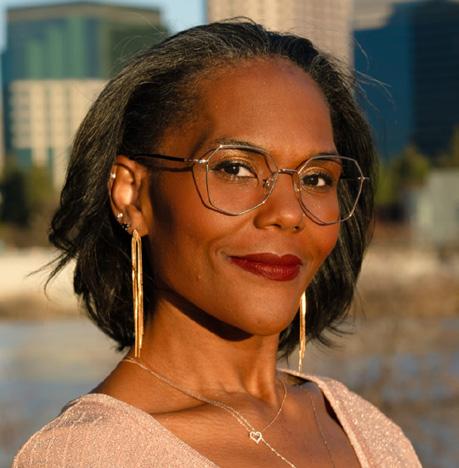
kids. Baking together sparks my creativity while giving us the joy of making something fun, and delicious, as a family. These small rituals sustain me, reminding me that self-care is not selfish; it is essential.
I encourage each of you to find your own version of rest – whether it is a walk in the park, a morning meditation, a weekend getaway, or an evening of cooking something you love. When we care for ourselves, we return to our work and our relationships with renewed energy, sharper focus, and deeper compassion. That makes us not only better lawyers, but also bet-

Angelina Ray is the President of the Sacramento County Bar Association. She can be contacted at angelina@pacemtempest.com.
ter parents, partners, friends, and leaders in our community.
As you read through this issue, I hope you are inspired to prioritize your own wellbeing and to celebrate the many ways our colleagues find balance and renewal. Rest is not a luxury – it is a cornerstone of sustainable excellence in our profession.
Peace and Blessings, Angelina Ray, CFLS






Since 1998, Reliable Document Retrieval has been the go-to resource for legal professionals seeking accuracy, speed, and reliability. We proudly serve attorneys, paralegals, and legal staff across California and beyond with:
Nationwide Coverage:
• Court Research & Document Retrieval
• Vesting Deed & Title Searches
• County Recording & E-Recordings
• UCC/Lien/Judgment Searches
• Secretary of State Filings

Local Coverage:
• Messenger Service
• Professional Photocopier Support
• Subpoena Preparation & Delivery
• Custom Orders Tailored to Your Needs
Whether you’re handling a large caseload or a time-sensitive filing, our experienced team ensures results delivered on time, with precision, and a personal touch.
Why Attorneys Trust Us
• Fast Turnaround (24–48 hrs on most services)
• Live, Friendly Customer Service
• Decades of Experience in Court & County Research
• Competitive Rates
• Nationwide Research Coverage 916-438-3000 • orders@reliabledocs.com • www.reliabledocs.com
By Cami McLaren

Introduction
The job of “attorney” includes multiple aspects. Attorneys manage crises, juggle deadlines, and often deal with challenging clients. Yet, amid the never-ending, often urgent, sometimes conflict-driven to-do lists, they often overlook one critical responsibility: maintaining themselves.
While the lawyer is working hard in their profession, too many are failing to put on their metaphorical oxygen masks. They push through rather than pause when the first signs of distress or fatigue occur. Over time, this takes a toll – both personally and professionally.
Self-maintenance is not just a good idea, but a responsibility to your clients and yourself. Below are thoughts and suggestions on how to make meaningful changes.

The statistics are sobering:
• A 2021 study of lawyers conducted by the California Lawyers Association and the D.C. Bar revealed that over 50 percent of attorneys screened positive for risky or high-risk drinking, with 30 percent engaging in hazardous drinking – clinical markers that may indicate alcohol misuse or possible dependence (Anker & Krill, Stress, Drink, Leave: An Examination of Gender-Specific Risk Factors for Mental Health Problems and Attrition Among Licensed Attorneys (2021), PLOS ONE 16(5): e0250563).
• The same study found that approximately half of practicing attorneys experience symptoms of depression and anxiety, with about 30% in the mild range and 20% in the moderate to severe
range.
Why are the numbers so high? And why is it so easy to neglect our own well-being?
Part of the answer lies in the culture of law itself. The profession rewards grit, perfectionism, and self-sacrifice – traits that, when left unchecked, lead to chronic stress and burnout. The way that law has traditionally been practiced tends to promote overwork and devalue recovery. Too often, attorneys only turn toward wellness when they’ve hit rock bottom, or when their ability to function has diminished to the point that it affects their performance, reputation, or relationships.
The real challenge, and opportunity, is in recognizing that self-maintenance is not indulgent or optional. It is essential to your effectiveness. Your clarity, presence, and judgment improve when
you are mentally and physically well. Taking care of yourself is not separate from being a great lawyer – it is foundational to it.
Change begins with self-observation. This is a practice where you zoom out for a period of time and simply observe yourself, your behaviors, your feelings and your wellbeing (without judgment!). Track your experience for the following:
• How often do you feel tired?
• How much caffeine and/or alcohol do you consume?*
• How “healthy” is your diet?*
• How often do you feel unsatisfied, unfulfilled or “burned out”?
• How often do you feel overwhelmed or angry?
• How much movement do you get?*
• How often do you spend time with people outside of work?*
*These questions are asked not because you “should” do any specific thing but because you can tell if you are overly stressed or overwhelmed by how you behave in these areas. This is particularly true if you are observing a change in these behaviors, or in the way you are feeling (tired, overwhelmed, angry, unfulfilled, burned out).
(For a detailed self-test, see McLaren & Finelli, Coaching for Attorneys: Improving Productivity and Achieving Balance (ABA 2014) p. 27.)
Once you have observed yourself for a period of time (I recommend 1-2 weeks), then you can look at the results and ask what aspects of the way you live are supporting you and which are detrimental? Are there things you need to take out? Are there things you need to put in? What is working well for you? What is not?
The key is to tune into what replenishes your energy versus what drains it and then to investigate why this is happening and what can be done. Notice your patterns: when are you focused, tired, or short-tempered? What rhythm do these patterns follow, and how can you adjust?
For example, let’s say after you observe yourself for a period of time, you find one thing that is working and one that is not:
1. Working: “I exercise at least 4 days a week.” How do you know it is “working” for you? Maybe after exercising, you feel more relaxed. Maybe when you don’t exercise, you get more stressed and angrier. Perhaps when you exercise regularly, you can climb the stairs, and hike and do not get fatigued, which supports both your personal and professional lives. It is a subjective inquiry.
2. Non-Working: “I am often tired.” This observation indicates a need to investigate why you have been tired. There are two aspects to this question: what are you doing? And also, what are you not doing? The non-working aspects of your self-care will be an experiment.
Try some things. Go to bed earlier. Take melatonin. Exercise clos-
er to bedtime See a therapist to investigate stress. Journal before bed to let go of whatever is on your mind. Do a sleep meditation. Put aside media an hour before bed. You choose. If it doesn’t work, try something else!
There is no single formula for wellness, but there are consistent domains that tend to need care:
• Physical – Movement, nutrition, sleep
• Mental/Intellectual – Learning, creative expression, focused time
• Emotional – Relationships, boundaries, emotional processing
• Spiritual – Connection to meaning, values, or something larger than yourself
Self-maintenance is about regularly investing in these areas – ideally before there’s a problem. This model originated with Stephen Covey’s The Seven Habits of Highly Effective People. It was articulated in the seventh habit, “sharpening the saw,” which is a metaphor that asks this question: Who would be able to saw down a tree quicker –the workers who sawed non-stop, or the workers who stopped regularly to sharpen the saw? You probably know the answer!
You may make changes because you have found a “problem,” or

you may make changes to be proactive. I encourage you to consider if you are honoring all four aspects of self-care even if you feel all is well in your life. It’s like taking vitamins or exercising. It’s best not to wait until you are sick.
What are Possible Changes?
Ultimately, the question is this: What changes are you willing to make? Here are some ideas. (Note, if you discern a “problem” in a physical area of your life, it may improve with a change in an emotional or spiritual aspect of your life. It is all connected!)
Physical Fitness Action Steps. Most people know most of this. (Whether you are doing it is of course, a different question.) This is a non-exhaustive list of examples:
• Eat 5 - 7 servings of fruits/veggies per day
• Get regular exercise (3 - 5 times a week for at least 30 minutes)
• Get 7-8 hours of sleep a night
• Do yoga or another stretching program
• Drink enough water (go online to research the proper amount for your body weight)
• Limit your intake of caffeine, alcohol, sugar, and processed foods
Ask yourself: What do you currently do to care for the physical machine? (Whether listed here or not.) Where do you see a deficiency? And what are you willing to commit to starting today?
Emotional Fitness Action Steps. Many people do not appreciate the importance of taking care of themselves emotionally. Often in business, there is this myth that emotions should not be brought into “the office.” The truth is, we bring our emotions everywhere with us. And to ignore them is to risk them controlling us in ways we do not want them to. Much of
human behavior is based on some kind of emotion. Consider the snarky email written because you are feeling sad or frustrated, angry or burned out.
Caring for your emotional well-being affects your overall well-being. To be emotionally well will affect your physical health, the clarity of your thoughts, and your behavior. Here are some ways to care for your emotional health (the list is endless!):

“Every now and then go away, have a little relaxation, for when you come back to your work your judgment will be surer since to remain constantly at work will cause you to lose power of judgment…”
(Leonardo da Vinci)
• Take regular breaks
• Meditate (also a spiritual, physical and mental practice)
• Journaling (also can be a spiritual and mental practice)
• Read inspiring books (also can be a spiritual and mental practice)
• Yoga (also covers all 4 areas)
• Laugh (also can be a physical and mental practice)
• Play music
• Cook/bake
• Get a massage
• Take a walk
• Play your favorite song
• Sing
• Dance
• Engage in a favorite hobby
Ask yourself: What do you cur-
rently do to care for your emotional well-being? (Whether listed here or not.) Where do you see a deficiency? And what are you willing to commit to starting today?
Spiritual Fitness Action Steps. As we use it here, “spirituality” does not necessarily mean religion or involve a higher source. Though if you are religious, tending to that will likely feed this part of you. Spirituality is often the more neglected aspect of self-care because people sometimes see this as a “belief” in a higher power. But in the realm of self-care, what we are calling “spirituality,” could also be termed “connection,” or “purpose.” People who do not feel connected to themselves, each other or something larger than themselves often experience dissatisfaction which has ramifications for your overall wellness. In my coaching practice, one of the things I have heard lawyers complain of is the lack of purpose or meaning in their professional lives. (Of course, some lawyers are fortunate to work in a field that is very meaningful to them.)
As with all aspects of self-care, the first step is to acknowledge what you are feeling. (Even if you do not feel a deficiency in the way I am describing, proactively finding a “spiritual” engagement in your life will enhance your overall sense of well-being.)
Here are some ideas of what might feed the need for spiritual well-being:
• Engage in daily gratitude
• If you believe in organized religion:
recommit yourself
attend services
serve in that community
pray
• If organized religion is not for you:
meditate
read different kinds of books
on spiritual growth (consider reading and discussing with someone else who desires spiritual growth)
go to nature
go on retreat (there are many different types and lengths of retreat)
hire a coach and determine your “life purpose”
find out what “feeds” you and do that, even if it involves a shift in your career
Ask yourself: What do you currently do to care for your spiritual well-being? (Whether listed here or not.) Where do you see a deficiency? And what are you willing to commit to starting today?
Mental Fitness Action Steps. Most lawyers are pretty adept at staying mentally fit, but here are some ideas beyond the practice of law that you might try out if they call to you:
• Do crossword puzzles
• Play trivia games, scrabble, anything that challenges your brain
• Read books on subjects you are curious about
Ask yourself: What do you currently do to care for your mental well-being? (Whether listed here or not.) Where do you see a deficiency? And what are you willing to commit to starting today?
No doubt you will look at these suggestions and say, “I don’t have the time.” This is why this particular practice requires a paradigm shift. You must begin to experiment with the concept that if you do something outside the realm of work, particularly in these four areas, work will become easier and flow better. In many ways self-care is a time management technique. So, make a commitment and chunk it down. Commit to one activity and do a small piece of it
daily. Be conscious of how it affects you. How do you feel while doing it and after? How is the rest of your life affected? Can you discern a difference in how you relate to others; how you are approaching your work; how you feel in your body?
Self-care is imperative, not just a suggestion. It will keep you from getting burned out in your profession. It will improve the quality of
your life and of your relationships. There are four different areas, all of which should be addressed for you to feel a sense of overall wellbeing, health and satisfaction. If you observe yourself in your daily life, you will start to see what kinds of practices could make you feel more recharged and enlivened. Commit to just one thing this week and see what changes.

SCBA recently asked its members the following three questions about their favorite ways to rest and relax:
1. What are your favorite ways to relax or unwind after a long day at work (e.g., favorite hobbies or activities)?
2. What does an ideal “self-care day” look like for you?
3. How do you typically spend your weekends or free time to recharge?
Several members’ responses are highlighted here:

Frank Ali – founder of Law Offices of Frank F. Ali in Roseville, handling family law matters, including guardianships, probation litigation and conservatorships, as well as representation in contract, partnership, real estate, construction and business disputes.
My favorite way to relax and unwind: “Practicing and playing music! I am in three working bands: Hey Monkey (classic rock), Brisco County (country dance) and mydogspot (90’s and beyond). We average two to three gigs per month at various local venues.”
My ideal self-care day: "Sleep!"


My favorite way to relax and wind: “Play tennis or pickleball. Nice dinner with my husband, whether at a restaurant or take-out in front of the TV.”
My ideal self-care day: “An outdoor activity such as tennis, pick-

leball or hiking, followed by dinner with family.”
My weekends look like this: “We try to get outside and do things we love like tennis, pickleball or hiking, and always try to plan some dinner or fun time with our adult kids and grandkids, all of whom live locally. We also love getting away for the weekend to the coast or to Tahoe.”


My favorite activities to relax and unwind: “Taking a walk with my family and dog.”
My ideal self-care day: “Working out in the morning, having a craft beer and a light lunch, and swimming in the pool with the kids in the afternoon.”
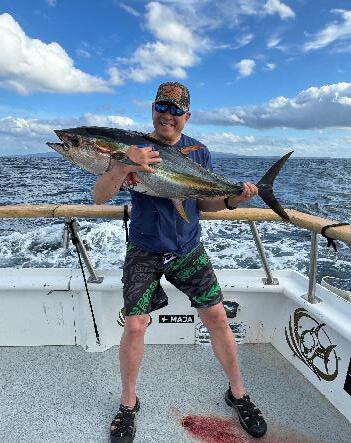
Marc Fong - a seasoned mediator and arbitrator with JAMS, specializing in real estate, HOA’s and complex civil disputes. Former trial lawyer with decades of experience, he is recognized for his practical problem-solving approach and civility in practice.
My self-care plan: “I start most days with a cup of coffee, which gives me a moment of calm before the day begins. When my schedule permits, I go for a walk, typically for an hour. This helps

Dmytro Lyushenko - California
Notary Public and Licensed Legal Document Assistant who sat for the July 2025 California Bar Exam. With over 16 years of legal experience as an attorney in Ukraine, he now provides legal document services and immigration support in the Sacramento region.
My favorite activities to relax and unwind: “Visiting some new places in California.”
me reset mentally and get some light physical activity in before work. Afterward, I have a light breakfast and take a quick shower to transition into the workday. A key part of my self-care is reviewing my calendar and priorities each morning. This helps me stay organized, manage stress, and approach tasks with more clarity and focus. I find that having this structure in place reduces mental clutter and helps me work more efficiently.”
My weekends look like this: “On weekends, my self-care shifts into adventure mode. I often head out on long hikes, endurance rides

on my bike or day trips to Tahoe or Napa. If it’s on the schedule, I’ll compete with my Lotus in Auto-X (timed events on a designated racecourse). We also enjoy hopping in the Lotus and driving to local farm stands, to procure farm to table produce for our weekend meals.”

My ideal self-care day: “I like to spend my free time relaxing with good music, going for a walk, reading, and catching up with friends or family and basically a mix of downtime and a little socializing to recharge.”
My favorite ways to relax or unwind after a long day at work:
"Morning: Wake up without an alarm – just let myself sleep in. Start the day with a slow cup of coffee or tea, maybe while listening to some chill music. Go for a walk somewhere green (a park, a trail, or just a leafy neighborhood).
Midday: Have a nice, healthy breakfast (something like avocado toast, eggs, or oatmeal with fruit). Do a creative activity –journaling, drawing, or reading
a book I actually want to read (not for work or study). Maybe a gentle workout: yoga, stretching, or a swim if it’s warm out. Afternoon: Lunch somewhere cozy or cook something special at home. Disconnect from tech for a while – no emails, no news, just some peace. Take a nap or meditate to recharge. Evening: Do something indulgent: a long shower or bath, skincare, or just sitting with a face mask and an audiobook. Spend time with someone I care about, or if I need alone time, watch a feel-good movie or show. Reflect on the day – gratitude journal, or just some quiet time to think. Night: Early to bed, maybe with some herbal tea or calming music."

Courtney Kesterson - fourth-year Evening Program student at the McGeorge School of Law. Courtney is a first-generation law student, and the first college graduate in her family. Courtney is a future 2026 Summer Associate at Porter Scott and looks forward to earning more trial experience and serving the public in the Sacramento region.
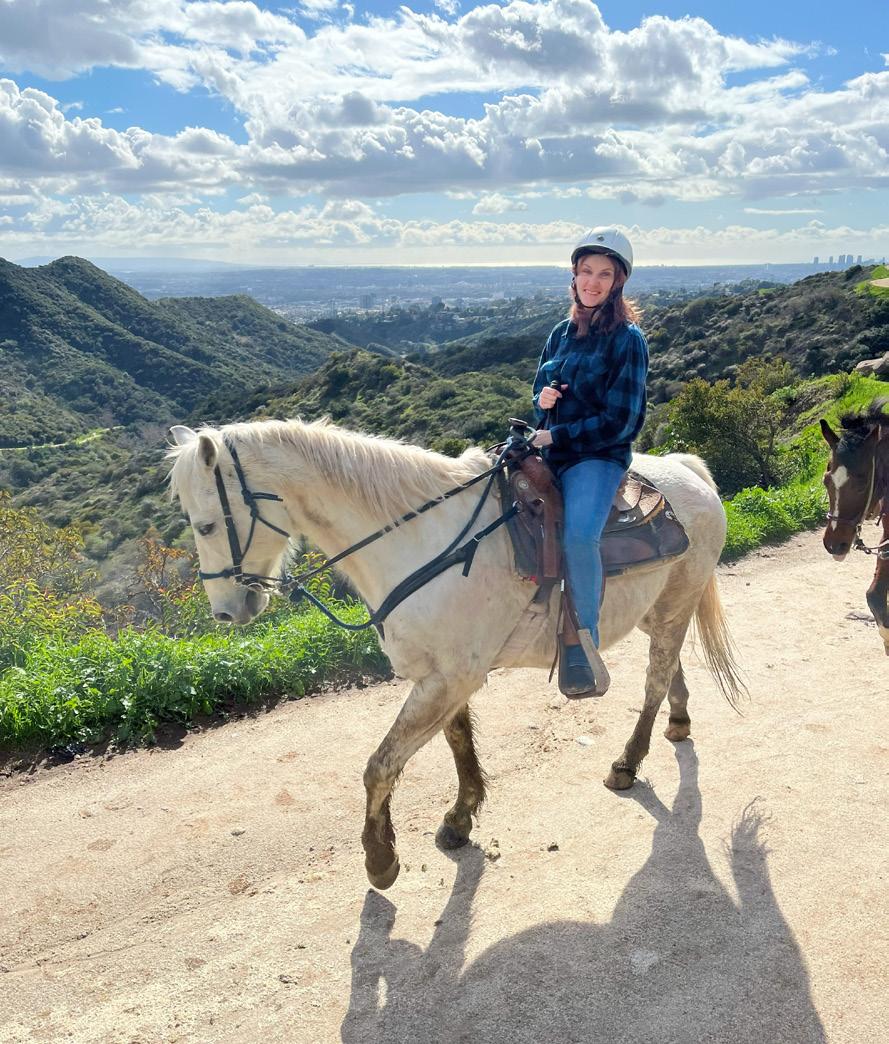
My favorite way to rest and relax: “As a child, horse riding lessons were financially out of reach. Finally taking horse riding lessons was my answer to finding a source of joy while working full-time through law school. I considered what would not only provide rest or relaxation, but what would motivate me to carve out that time to reconnect with myself. Even though horse riding may not be the first thing that comes to mind for rest and relaxation, tapping into my childhood horse obsession has been an easy way to refill my motivational “battery.” Courtney also practices mindfulness meditation through audiobooks and the Meditation Hours offered weekly at McGeorge School of Law.”

And how does SCBA’s Executive Director Tom Roberts relax and unwind?
"During the week, I recharge through martial arts classes and workouts at the gym. On weekends, my downtime often includes dancing, karaoke, or playing guitar. For longer escapes, I head to the ocean or the mountains – whether it’s jet skiing, horseback or motorcycle riding, or simply relaxing on the warm sands of a tropical beach. No matter the setting, I find balance and joy in staying active while making time to simply unwind."



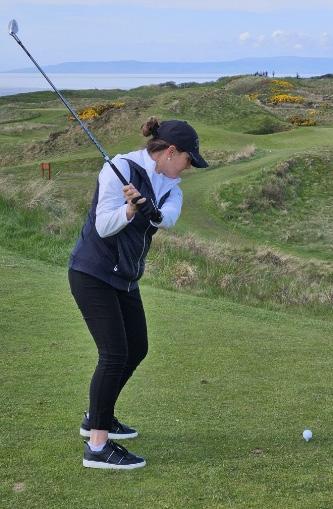
Christine Sanfilippo relaxes in the summer months (and all year long) by playing golf. Here she is seen teeing off at Royal Troon in Scotland earlier this summer.
Gayle Eskridge loves relaxing at the end of the day with her two cats and two dogs. Gayle says THIS is her idea of heaven.
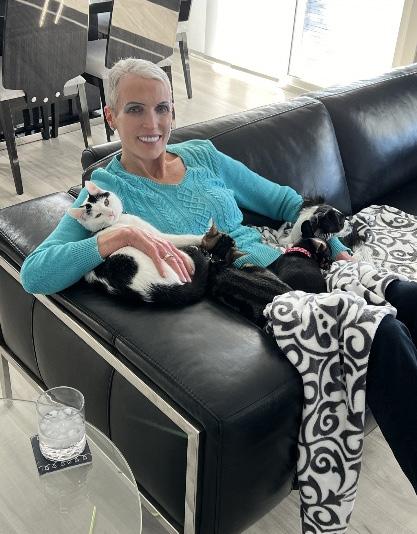
Melissa Aliotti summarizes summer: “Summertime means sunshine and longer days, so I spend more time outside and have more opportunities to decompress from the pressures of everyday problem-solving. When I’m home, I’m spending plenty of time in the garden weeding, watering, and enjoying the flowers and greenery we work all year to cultivate. (The photo above shows one of my recent arrangements.) I’m also a fan of hummingbirds; to keep them happy and healthy, the summer heat requires cleaning and refilling their feeders with homemade nectar twice a week. When I’m not working or in the garden, I enjoy

road trips with family - this year I ventured to the Pacific Northwest with my husband John and our Pudelpointer, Aberdeen. I also love that Sacramento summers make walking around our cherished neighborhood in the evenings very pleasant. Of course, summer is not complete without at least one trip to Lake Tahoe, another to Monterey, and another to Encinitas. We Californians really do have everything we need right here!”
Daniel Yamshon relaxed in Spain this summer. This photo shows him “Listo para entrar en la plaza de toros el último día de corridas de toros en Madrid.” (Translation: Ready to enter the bullring on the last day of bullfighting in Madrid.)


By Larry Doyle
he State Bar’s 2023 decision to expand the MCLE “competence” requirement to add an optional hour of “wellness competence” to the provision that had been added long before to help attorneys with substance abuse problems was seriously ironic, because it brought back – and even mandated – the type of MCLE courses an angry Legislature once voted to eliminate.
California’s mandatory1 continuing legal education (MCLE) program was added by the Legislature in 1989 through the enactment of SB 905 (Davis). The program originally called for lawyers to complete 36 hours of MCLE every three years, with four of those hours to be in Legal Ethics and another four in Law Practice Management. In 1999, however, the Legislature eliminated the Law Practice Management requirement2 “in response to vocal criticisms from Bar members,” as noted in the Senate Floor Analysis of the bill. The analysis went on to say, “More than the amount of dues, State Bar members complain of the vacuousness of certain MCLE courses and of the high costs of compliance.” Specifically mentioned were courses “which can currently be satisfied
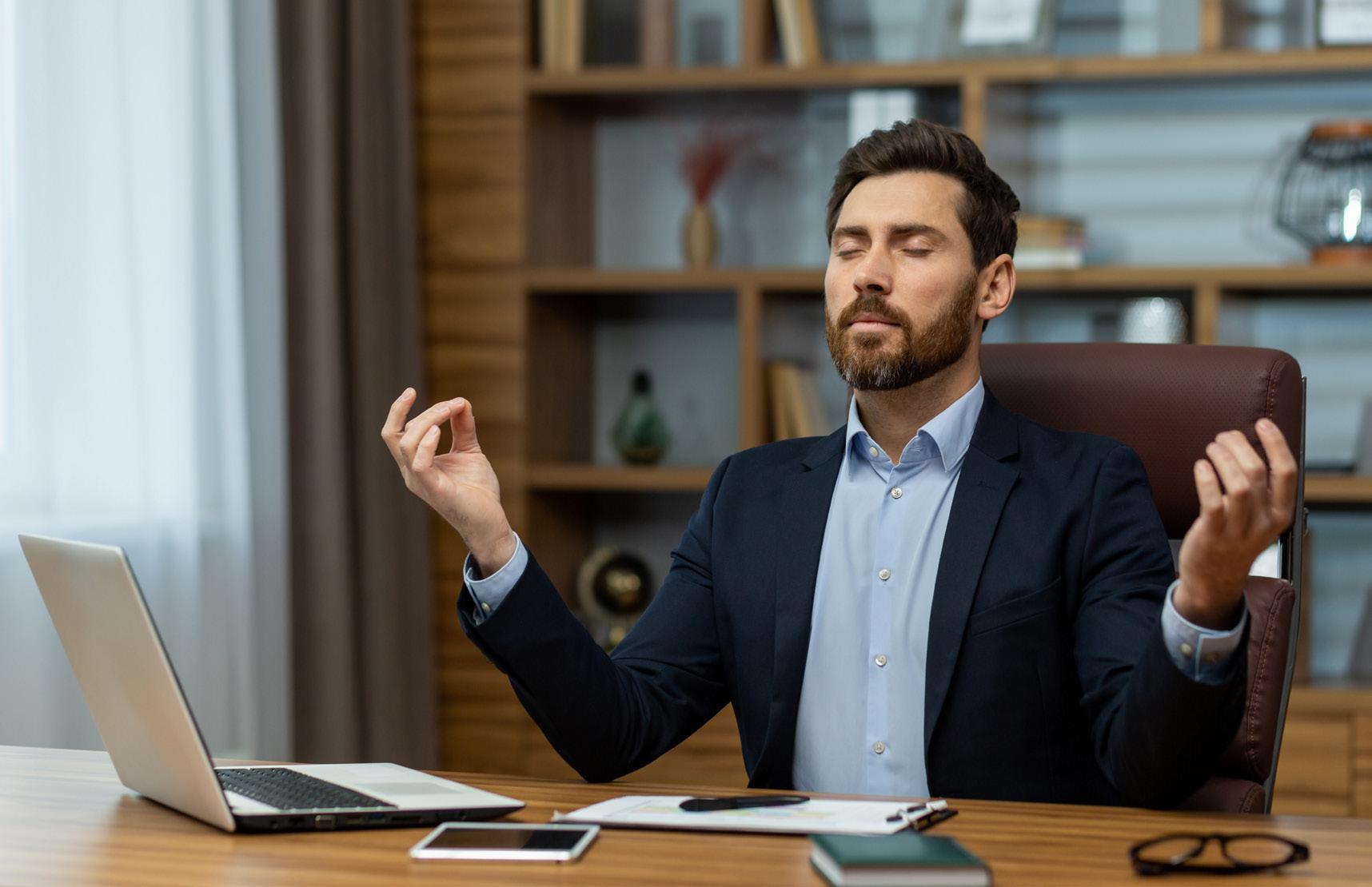
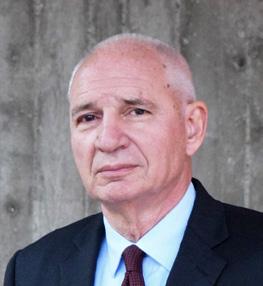
Larry Doyle, veteran of decades of experience with the California Legislature, including 18 years as Chief Legislative Counsel for the California State Bar, former member of the State Bar’s Committee on Professional Responsibility and Conduct, and currently a staffer for the SCBA. He can be reached at larry.doyle@sacbar.org.
by taking classes on stress management or how to use computers in the law office.”
It wasn’t long, however, before the Legislature modified its position. In 2001, the Legislature approved SB 479 by Senate President Pro Tem John Burton, who took pride in his status as a person in recovery. SB 479 created a new Attorney Diversion and Assistance program (ADAP) for the purpose of addressing the problems of substance-addicted attorneys while still protecting the public, and included a provision in the bill (B&P Code Section 6236) requiring the State Bar to promote the ADAP through outreach activities, including “the development and certification of minimum continuing legal education courses relating to the prevention, detection, and treatment of substance abuse.”
The requirement that MCLE courses relating to substance abuse be developed was almost instantly expanded by the State Bar to require lawyers to take these cours-
es, so the MCLE requirements of State Bar Rule 2.72 were expanded to require “at least one hour of education addressing substance abuse or other mental or physical issues that impair a licensee’s ability to perform legal services with competence.” This continued the focus on lawyers helping themselves, though it pretty much ignored the problems lawyers experience when dealing with colleagues and clients with substance abuse issues. The modified requirement also did not address mental illness.
In 2023, the MCLE requirements were changed in a major way. First, the mental competence-related requirements were expanded to specifically include the same courses in stress management the Legislature specifically removed in 1999 as “vacuous.” The State Bar also added a specific “technology in the practice of law” requirement, which is the modern equivalent of the “how to use computers in the law office” course offerings that were disdained by the Legislature
in 1999. Lastly, the requirements were expanded to include “civility” in the legal profession, an idea that had been kicking around the Bar for more than 20 years. The civility requirement includes “education that discusses the link between civility and bias, incivility that is directed at opposing parties or counsel, and incivility aimed at the judiciary.”
The changes to the “wellness” competence requirement came from a 20213 suggestion by the San Diego County Bar Association (SDCBA), joined by 22 other bar associations, citing research and examination of the ABA’s National Task Force on Lawyer Wellbeing and practices in other states. The SDCBA argued that the current limitation in competence education to the prevention and detection of mental illness and/or substance use disorder “sends the wrong message to the legal community.” According to the State Bar Board of Trustees agenda item describing the issue, SDCBA “emphasized the need to provide lawyers with tools that can prevent and ameliorate mental illness and substance use by focusing on preventative care.” The Bar claimed that SDCBA’s proposal is aligned with a nationwide increase in recognition that wellbeing, stress management, education about mental illness, and preventative efforts are all important factors that contribute to attorney competence. Bar staff research pointed out that several jurisdictions, including Kansas, Montana, Illinois, Georgia, and Colorado, offer attorney wellbeing for MCLE general credit and stress the importance of the competence course material, which should be tied specifically to the practice of law.
“Staff agrees with SDCBA’s recommendation,” the agenda item said, “and that changes to the competence MCLE credit requirements would aid to prevent and reduce mental illness and substance use within the profession.” The Board adopted the recommended amendments to rule 2.72(C)(2)(a)(iii)7, increasing the competence MCLE requirement by an hour every three years and giving attorneys the option of satisfying one of those hours with courses in physical and mental wellness and wellbeing or stress management. So at least one hour of the competence requirement must focus on prevention and detection education that addresses “substance [use] or other mental or physical issues that impair a licensee’s ability to perform legal services with competence.,” otherwise known as “prevention and detection competence.” The amendments also allow licensees to satisfy the newly required, second hour of competence MCLE credit either with another course in “prevention and detection competence” or a course focusing on one of several broader competence-related topics, including physical and mental wellness and wellbeing or stress management,
so long as the activity addresses the topics in the context of the practice of law and the impact these issues can have on an attorney’s ability to perform legal services with competence – meaning the type of competence required of attorneys under the Rules of Professional Conduct 1.1(b):
(b) For purposes of this rule, “competence” in any legal service shall mean to apply the (i) learning and skill, and (ii) mental, emotional, and physical ability reasonably* necessary for the performance of such service.
The varying definitions of “competence” tend to confuse the issue, particularly now that 10 of the 25 hours of MCLE mandated for California attorneys are required to be in specific subject areas (i.e., Ethics, Elimination of Bias, Competence, Technology in the Law, Civility in the Law, etc.) – and several of those requirements cross over. So, it’s essential that attorneys keep a watchful eye on which requirements a particular course is intended to satisfy – and perhaps to work with the provider if a particular program seems better suited to a different category than that offered.
1 “Mandatory” in statute and the Rules of court, “Minimum” in the later-amended State Bar rules.
2 SB 144 (Schiff).
3 Renewed in 2022 when the State Bar did not respond.

By Connor W. Olson

ostalgia. It does something for you. According to ChatGPT, it’s a blend of memory, emotion, and meaning. It enhances mood, strengthens identity, fosters social connection, and boosts resilience and optimism. I think that’s all true.
July 18, 2025, was a marathon day for me. It started at around 5:30 am with twin-fueled screaming that calmed, mercifully, with diaper changes and warm milk. By 7, my shift as chief entertainer for the Olson twins wrapped. I fed our firstborn (the furry one), emptied the dishwasher, assembled the day’s bottles, and took down my first cup of coffee like a true addict. I showered, put on a suit, and zipped downtown for an in-person deposition.
We finished just before 6 pm. Escaping from the trenches of litigation, I was greeted by an oppressive sun that was taking its duties far too seriously. Undeterred, I
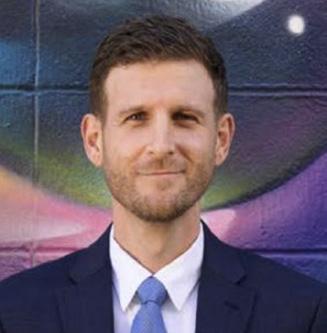
Connor is a past president of the SCBA, a new father, and an attorney with NorCal Advcoates where he represents employees and consumers in litigation. He can be reached at connor@ norcaladvocates.com.
turned left toward the river, crossed the golden Tower Bridge, and quietly prayed our seats would be shaded.
As soon as I entered the ballpark, I felt my shoulders drop. Baseball. Baseball fans. The promise of cold beer. The pilgrimage was over.
My first stop was SacTown Smokehouse BBQ, included with our tickets. As a non-meat-eater, it felt like a strange choice, but it was the right one. I was greeted by familiar faces: Tom Roberts, John Orcutt, Sam McKay, and Brittany Berzin. I grabbed a plate of Mac n Cheese and cookies and plopped myself down in the mix of friends and temporary strangers.
Cold beer in hand, I found my way to Section 117 – shaded, thankfully. I hadn’t brought a glove, but I

was squarely in foul-ball territory and convinced I was destined to snag one (spoiler: I wasn’t).
I took my seat next to a young employment defense attorney from Lewis Brisbois, whom, despite our differences, was warm and friendly. I immensely appreciate the SCBA for this: spaces where we don’t sit across from each other, but next to each other.
I don’t pretend to follow Triple-A baseball, but I appreciate it – much the same way I enjoy college sports. Maybe it’s a fallacy, but there seems to be a proximity, a purity and a passion that gets lost when contracts stretch into the eight or nine figures. That wasn’t the case tonight. The field was filled with hope and what seemed like anticipation, and so was the crowd. It was fun.
The nostalgia dial hit 11 when a teenager-looking kid with a mustache, dressed in a hot dog costume, climbed atop the dugout and the unmistakable beat of the 90’s mega-hit Macarena began to play. There’s not much I vividly remember from my childhood, but the Macarena, and the ensuing zombie-like obedience it commanded, is seared into my memory. Someday, I’ll explain it to my kids as the first proto-TikTok dance.
By the time the game was over, my beer was empty, but my cup was full. Departing before the crowds exited, a few of us wandered over to Drake’s: The Barn for one last hoorah to cap the night.
As I finally walked back across the Tower Bridge that night, I felt something I don’t often make room for: stillness. I guess nostalgia has a way of doing that – it slows us down just enough to pause. And so, if meditation and green juices aren’t your thing, I suggest finding those moments that allow you to pause, breathe, and let joy sneak back in.
Until next time—Heeeeey Macarena, Ay!

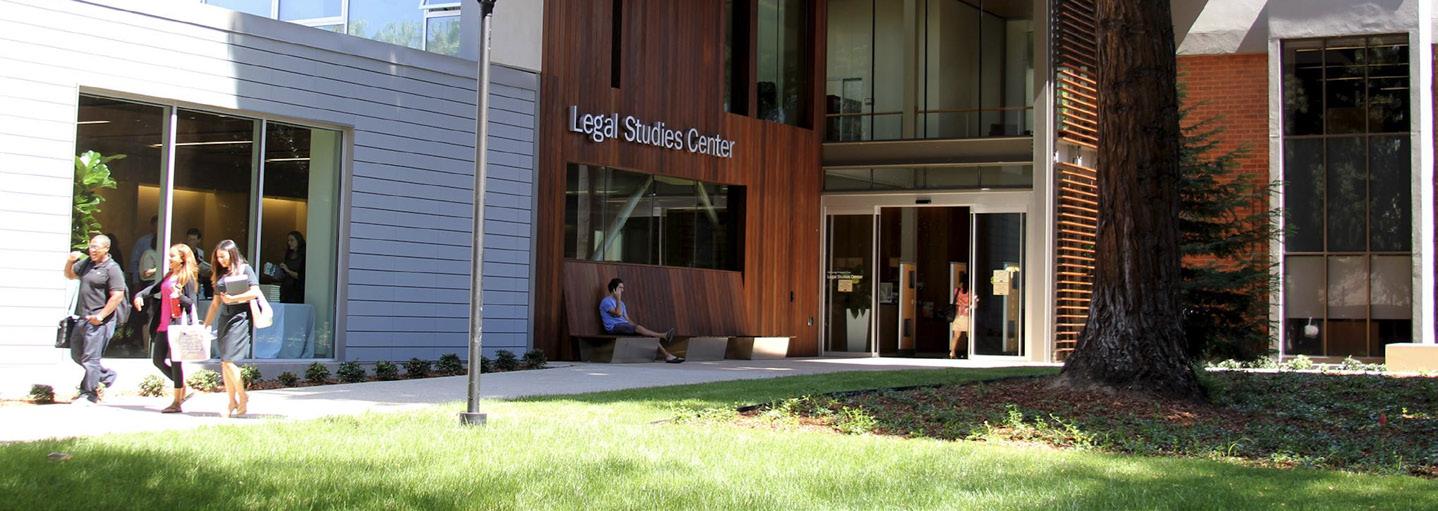
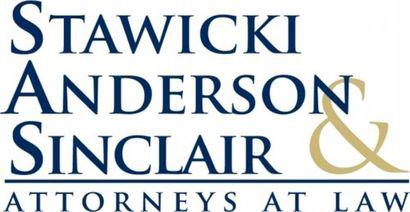
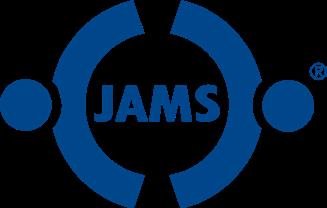

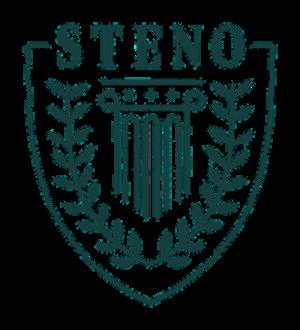
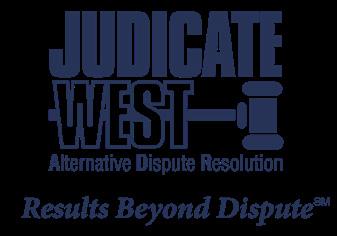




By Matthew Romsa
ophia is 13 years old. She loves cheerleading, music, fashion, and styling hair. She was placed in foster care at age 11 after her mother died of a fentanyl overdose and no family members were able to take her in. In just two years, Sophia has moved through five different placements and changed schools twice. She’s bright and expressive, but she’s begun skipping school when she feels overwhelmed.
Today, Sophia has to attend court hearings at least twice a year. In those rooms, she sits quietly while strangers – attorneys, social workers, and judges – debate where she’ll live, who she’ll see, and how she’ll grow up. Though she’s outgoing with friends, Sophia shrinks in those moments, knowing her entire world might shift again – and that she has little say in it.
Sophia doesn’t need to face this system alone.
For youth navigating foster care, consistency is rare. Social workers rotate. School districts change. Lawyers come and go. Amid this turbulence, a Court Appointed Special Advocate, CASA for short, volunteer can be a child’s one constant – a stable, caring adult whose sole mission is to advocate for that child’s best interest in court, in school, and in life.
CASA Sacramento: Advocacy in Action
CASA Sacramento, the local af-

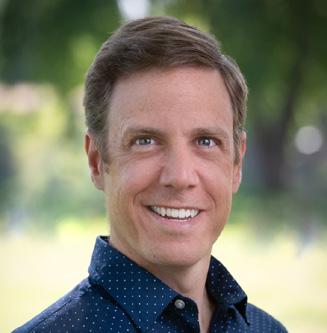
Matthew Romsa is the Donor Relations Director at CASA Sacramento and has served with the organization for nearly two years. He and his wife are adoptive parents through the foster care system. He can be contacted at matthewr@sacramentocasa.org.
Photos courtesy of CASA Sacramento
filiate of the national CASA organization, has served youth in foster care in Sacramento County since 1991. Our mission is urgent and vital: to ensure every child in foster care has an advocate dedicated to their safety, stability, and long-term success. This work aligns deeply with the values of the legal profession – equity, justice, and advocacy.
As CASA Sacramento’s Donor Relations Director and an adoptive parent of a foster child, I’ve seen how transformative advocacy can be. My wife and I adopted our daughter through the child welfare system, and her journey revealed how powerful one consistent adult can be in a young life. It’s one thing to read statistics; it’s another to witness firsthand how trauma, abandonment, and instability impact a child’s self-worth. And it’s even more powerful to witness what happens when a child is finally seen, heard, and championed.
The CASA Volunteer Role CASA volunteers are ordinary people doing extraordinary work. After completing 35 hours of training and being sworn in as officers of the court, they are matched with a youth in care. From that point forward, they gather information, write
reports, attend hearings, and, most importantly, advocate. They are often the only consistent adult in a child’s life during a time of chaos.
A CASA volunteer can act as Sophia’s educational rights holder and advocate for the services and accommodations she needs to succeed in school. A CASA volunteer can speak up for Sophia in court, ensuring her wishes are being heard. A CASA volunteer can be a positive adult role model, listen to Sophia when she needs someone to talk to, and guide her into more age-appropriate activities and outlets as she navigates being a teen. A CASA volunteer can mentor Sophia as she transitions out of foster care into independent adulthood. Each CASA volunteer is supported by a CASA Sacramento case supervisor who ensures that the match is successful and impactful for both the child and the volunteer. This combination of personal commitment and professional guidance creates a highly effective support system.
We’re proud to count many legal professionals among our volunteers. They bring courtroom fluency, strategic thinking, and a passion for justice to the role. They know how to draft compelling re-
ports, navigate legal nuances, and speak with authority. But above all, they know how to advocate –a skill that makes them uniquely suited for this work.
Two of CASA Sacramento’s Board Members exemplify this legal advocacy. Steve Hansen, former Sacramento City Councilmember and McGeorge School of Law alumnus, brings deep policy knowledge and community insight to our leadership team. Elizabeth Jackson, also a McGeorge graduate, applies her legal expertise to our mission and outreach efforts.
Volunteers like Jane Lamborn and Parker White, both experienced attorneys, prove that advocacy doesn’t end with a legal career. Their professional skills enhance their ability to navigate complex systems, but it’s their compassion and consistency that make the biggest difference for the children they support.
CASA Sacramento is deeply grateful for the ongoing support of the Court and the broader legal community, not only through volunteerism but also through financial generosity in the form of Cy pres awards. Over the years, we have been honored to receive several Cy pres awards, including two significant recent contributions that have enabled us to expand our services and serve more foster youth than ever before. These awards are more than just funding – they are a powerful statement that the legal system recognizes the critical importance of advocacy for vulnerable youth. This support fuels our growth, strengthens our programs, and most importantly, ensures that more youth like Sophia have a dedicated advocate standing by their side.
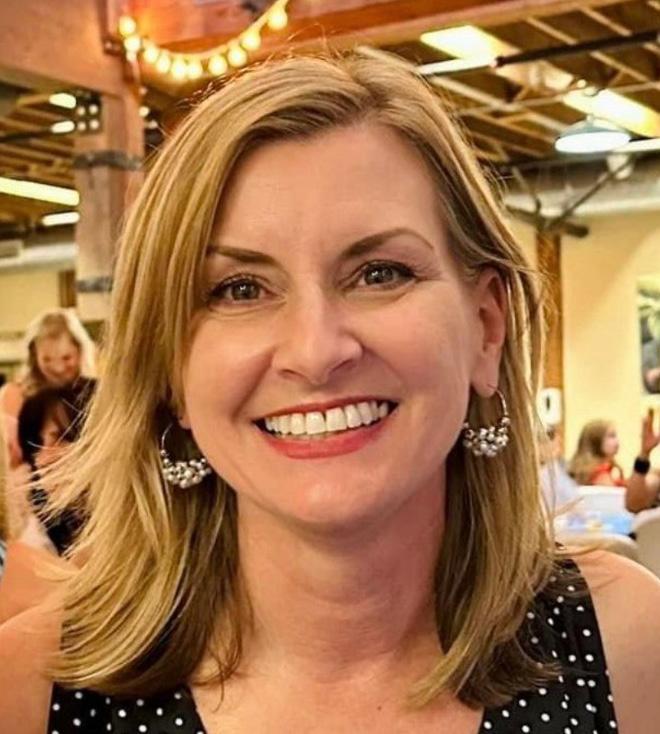
This month, we are excited to welcome Tiffany Sickler as our new President and CEO. Tiffany brings years of nonprofit leadership experience and a bold, community-driven vision for the future of CASA Sacramento. In just her second week, she’s already meeting with key stakeholders and seeking ways to expand our reach.
At the same time, we honor the legacy of Carol Noreen, who retired earlier this year after 19 years of tireless service. When Carol joined CASA Sacramento, the staff consisted of just two and a half people. Today, thanks to her leadership, we are 17 strong and growing. Her commitment to advocacy has created a legacy that continues to shape the lives of countless children.
The statistics surrounding foster youth aging out of the system are sobering:
• 20% will become homeless within the first year.
• Only 3% will earn a four-year college degree by age 25.
• Many face increased risks of incarceration, substance abuse, and unemployment.
But when youth in foster care are matched with CASA volunteers, their outcomes improve dramatical-

ly. They are more likely to succeed in school, access vital services, and find permanent, loving homes. In short, they are more likely to thrive.
Currently, there are more than 900 children in Sacramento County’s foster care system. CASA Sacramento is only able to serve about 20% of them. That means hundreds of Sophias are still waiting for someone to step up.
Imagine if every legal professional reading this article considered becoming a CASA volunteer, or encouraged a colleague, friend or family member to do so. The ripple effect would be profound. Every child deserves a voice in court and a champion in life. You could be that voice. You could help change Sophia’s story.
Whether through volunteering, donating, or simply spreading the word, there are many ways to support CASA Sacramento. To learn more, visit https://www.sacramentocasa.org.
The future of foster youth in our community depends on the actions we take today. And for those of us in the legal field, that future might begin with one simple but powerful decision: to advocate – not just for justice, but for a child.
By Shama Mesiwala


he attendees of South Asian Bar Association (SABA) of Sacramento’s 18th Annual Diversity Law Student Reception needed rest and relaxation after this fun and festive event was over! The reception took place in Justice Shama Mesiwala’s back and front yard in Davis, on September 6, 2025. It featured over 250 law students, judicial officers, and attorneys mingling over Indian pizza, lemonade, popsicles, ice cream, and homemade cakes.
SABA was honored by the attendance of Judge Consuelo Callahan of the Ninth Circuit Court of Appeals; Chief Judge Troy Nunley,
Judge Dan Calabretta, Judge Dena Coggins, Judge Kirk Sherriff, and Magistrate Judges Chi Soo Kim and Sean Riordan from the U.S. District Court, Eastern District of California; Justice Elena Duarte, Justice Aimee Feinberg, and Presiding Justice Art Scotland (ret) from the Third District Court of Appeal; Presiding Judge Bunmi Awoniyi, Judge George Acero, Judge Robert Artuz, Judge Jaya Badiga, Judge Michael Bowman, Judge Ken Brody, Commissioner Ben Cassady, Judge Alin Cintean, Judge Carlton Davis, Commissioner Ryan Davis, Judge Jeff Galvin, Judge Renuka George, Judge Steve Gevercer, Judge Misha Igra, Judge AJ Jimenez, Judge Chris Krueger, Judge Kristina Lindquist, Commissioner James Morris, Judge Andi Mudryk, Judge Rei Onishi, Judge Jerome Price, Judge Satnam Rattu; Judge Myrlys Stockdale Coleman, Judge Martin Tejeda; Judge Raoul Thorbourne, Judge Kara Ueda from Sacramento
County Superior Court; Judge Sam McAdam, Judge Sonia Cortes, Judge Dee Brown, and Judge Clara Levers from Yolo County Superior Court; Judge Suzanne Gazzaniga, Judge Leon Dixson, and Commissioner Christina Dehr from Placer County Superior Court; Judge Linda Colfax, Commissioner Bobby Luna, and Judge Michael Rhoads from San Francisco Superior Court; Judge Vinita Bali and Judge Jeff El-Hajj from Santa Clara Superior Court; Judge Barbara Kronlund from San Joaquin Superior Court; Commissioner Elena Ramirez from Alameda Superior Court; Judge Lauren Bowers and Judge Hana Balfour from El Dorado Superior Court; Deputy Judicial Appointments Secretary for Governor Newsom Adam Hofmann; Dean Filomena Yeroshek from Lincoln Law School; and Dean Jessica Berg from UC Davis Law School. Save the date of September 19, 2026 for our 19th annual!
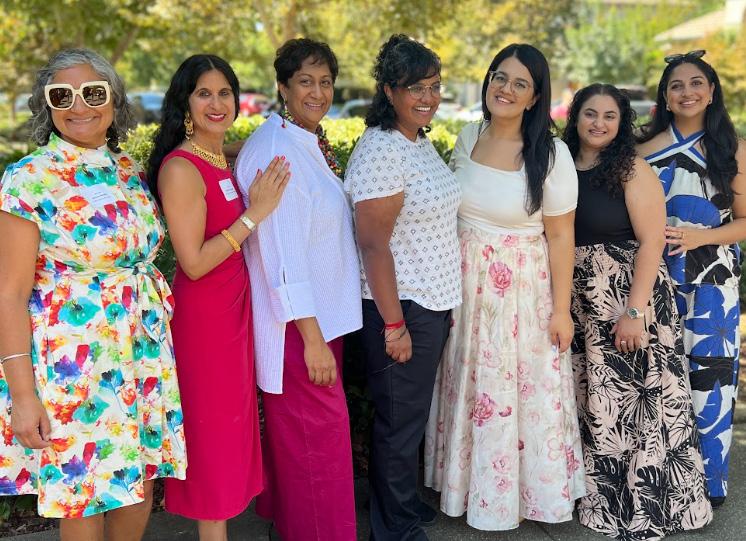
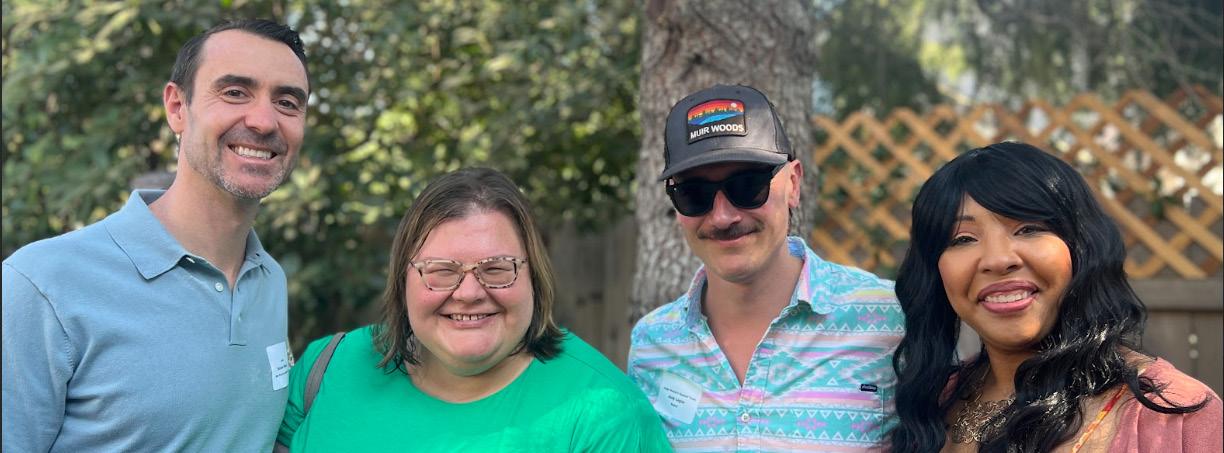



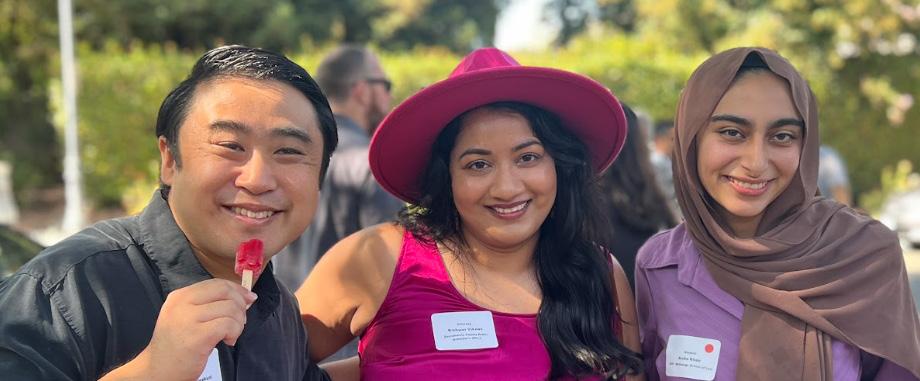




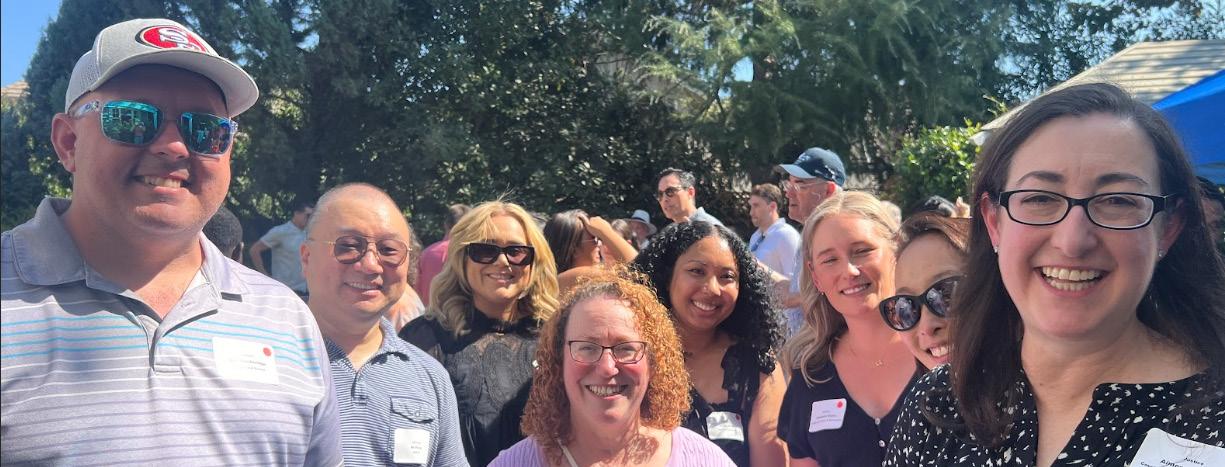
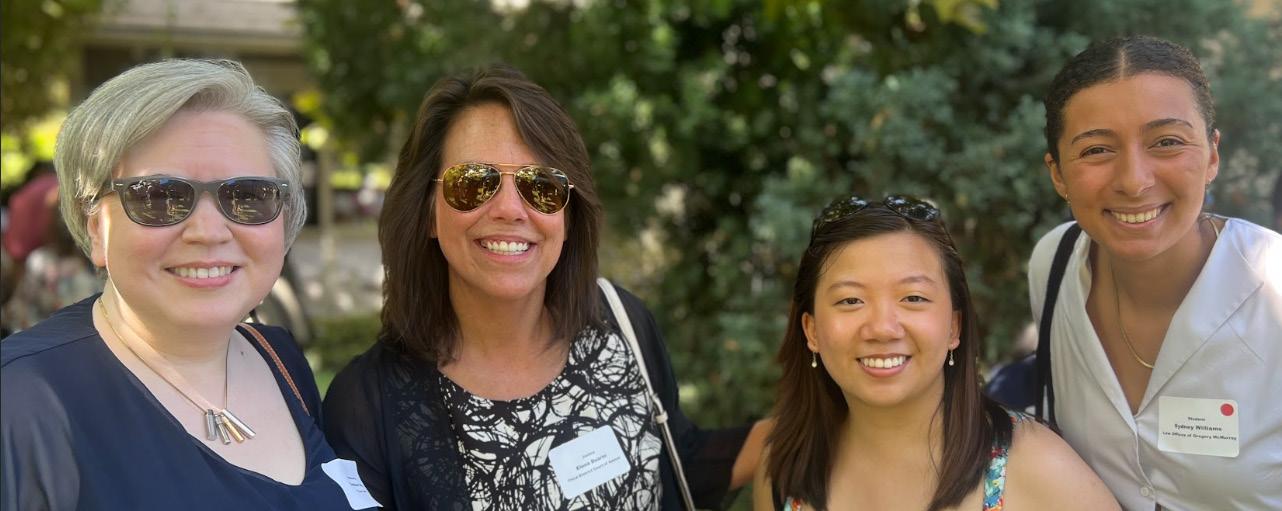

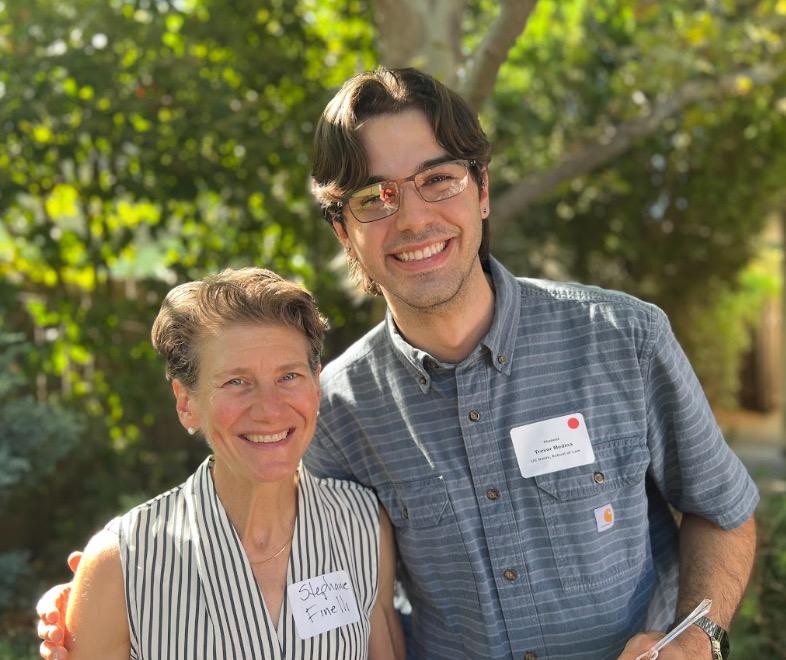
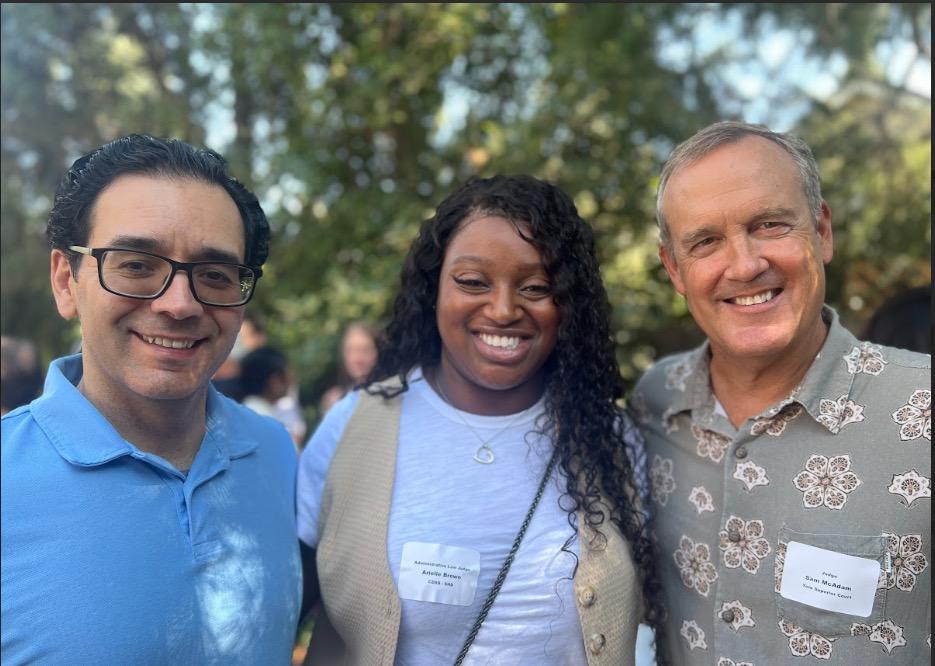
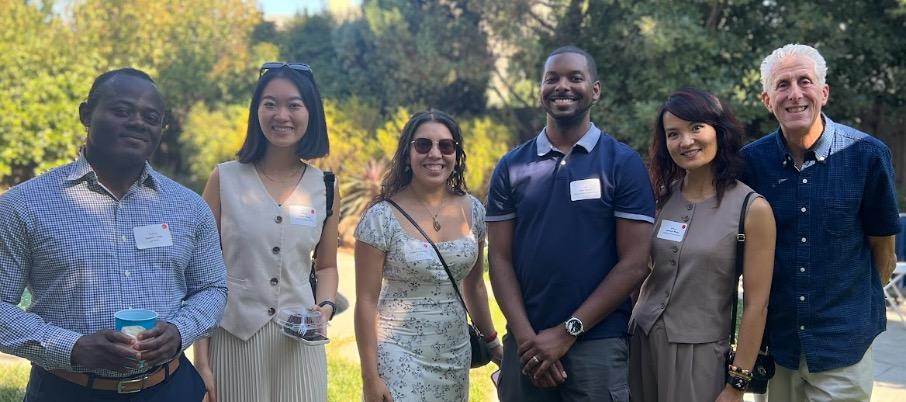

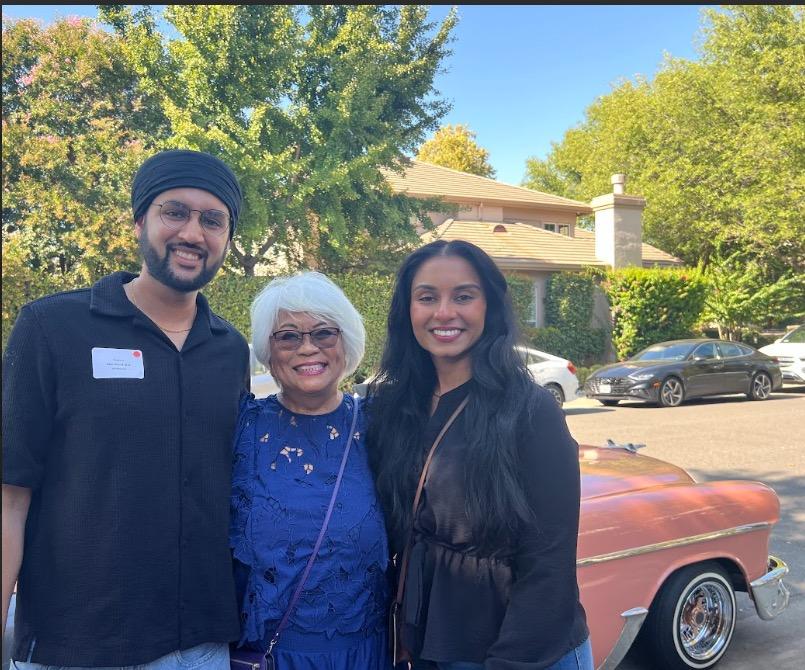
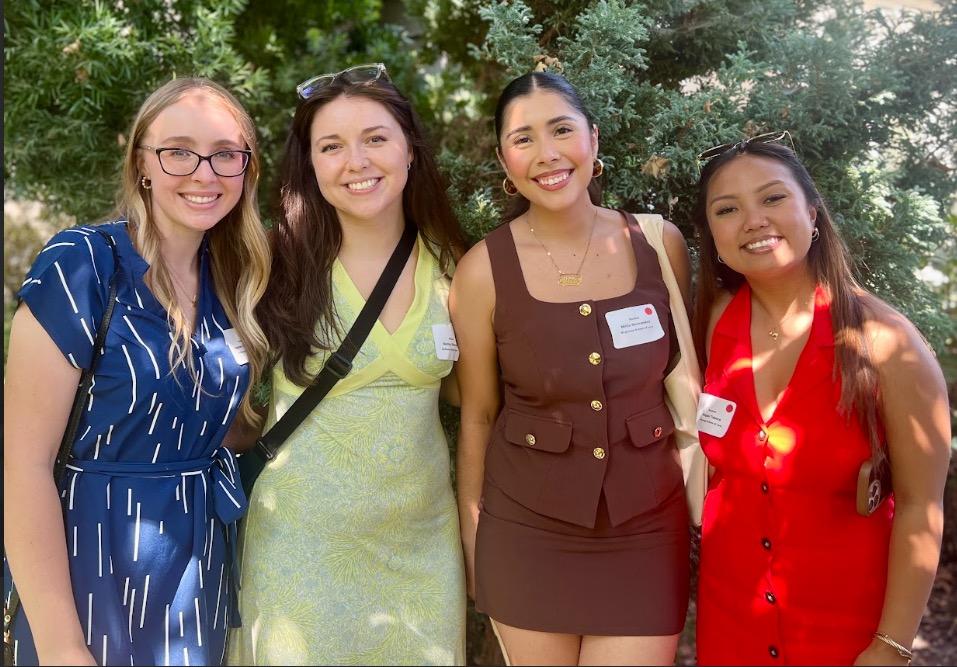



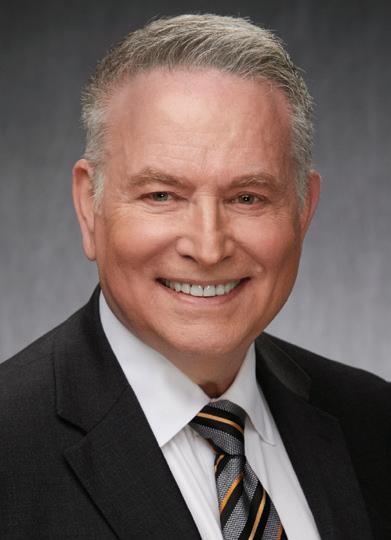
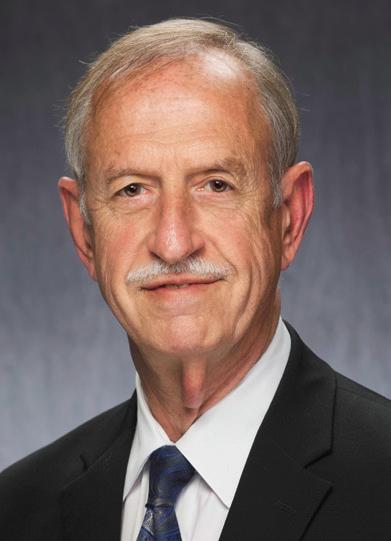




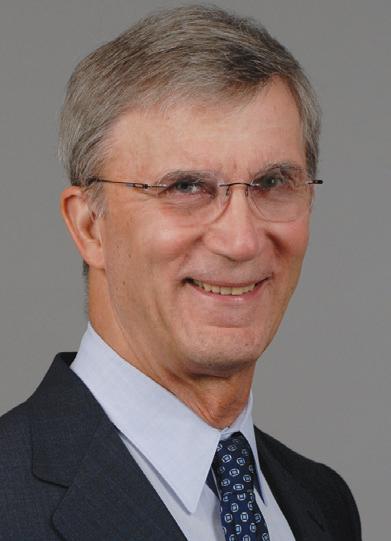

By Krista A. Lister


s busy attorneys, we sometimes forget the person behind the practice—the human being with wants, desires, and responsibilities that extend beyond the office. Taking care of that person can be a challenge when you are juggling endless meetings, deadlines, court appearances, or client calls. Of course, eating healthy, exercising,

meditating, reading a good book, or engaging in a hobby are great ways to relax and stay grounded. Just as important, though, is supporting our communities or engaging in an act of kindness. Attending or supporting a non-profit event can be a profoundly rewarding form of selfcare, enabling us to build community and connect with others who share our values.
On September 4, 2025, Sacramento’s legal and artist communities came together at Antiquité Midtown to raise money for the Women Lawyers of Sacramento (WLS) 32nd Annual ArtFest. The funds raised at ArtFest support the WLS Foundation, the charitable arm of WLS. The WLS Foundation’s mission is to address the unmet needs of women and children by raising funds for scholarships benefiting local law students and awarding grants to community organizations with programs dedicated to supporting
women and children. Through the generous contributions of attendees and the collaborative spirit of the community, this year’s event proved a resounding success. Antiquité was the perfect venue for the event. From the moment you walked in the doors, the setting felt like it was curated for an art-centered event like ArtFest. The space was thoughtfully appointed, from the exposed brick walls and concrete floors to the drapes and cozy seating areas. Art and antiques adorned the walls, adding a touch of intrigue to the setting. The placement of the artist booths took advantage of Antiquité’s open layout, showcasing the artists as the center of the event, allowing attendees to flow, browse, and engage with each artist easily. It was wonderful to see attendees and artists connecting as they engaged in thoughtful conversations about the art and the artists’ processes, truly
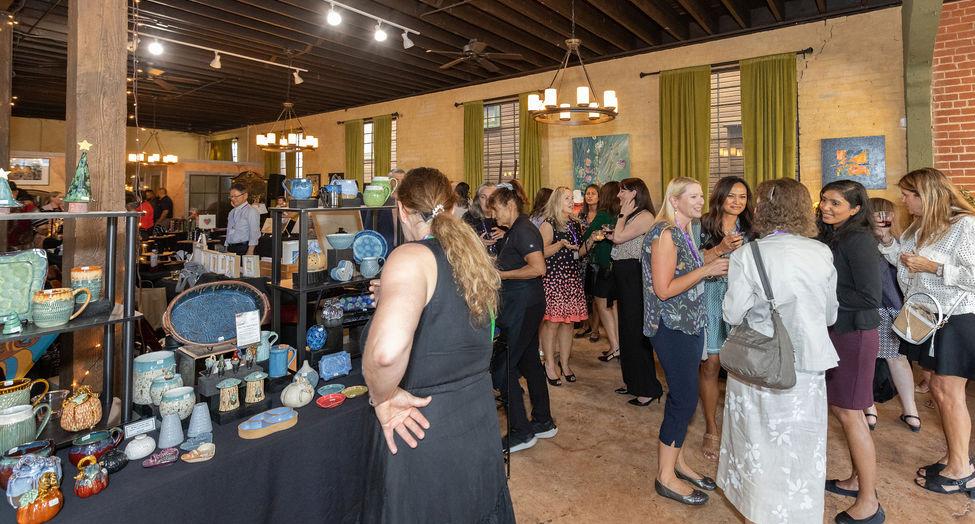
enhancing the vibrant atmosphere and the event’s success.
The event was upbeat and inviting. As swanky lounge music played in the background, attendees mingled, munching on small bites while sipping wine or beer. Whether exchanging handshakes or hugs, catching up or making introductions, it was obvious that everyone in attendance was there to have a good time and raise money to support ArtFest’s worthy cause. The atmosphere was also buzzing with excitement and anticipation for the live and silent auctions, where attendees could bid on art, jewelry, and other carefully crafted items thoughtfully created by Sacramento’s artists and makers. The energy was palpable, creating a memorable experience that seamlessly blended philanthropy with celebration.
The live auction was high-energy and one of the event’s highlights. Attendees gathered around the stage to bid on items such as a unique ceramic vase, a handmade necklace, various paintings of different sizes, art prints, and classes in cooking or art. The selection of items was curated to satisfy a wide range of tastes and interests, which was evident as bidders eagerly raised their hands and battled for the pieces they had their sights set on. The crowd cheered loudly as they watched with bated breath to

Seymour (WLS Development Committee Co-Chair), Vanessa Raven (WLS Vice President) and Ben Wangberg posing with Artist Stephan Seymour and his painting “Dancing Dreams” after Raven & Wangberg won Seymour’s piece during the live auction.
see who would win each coveted item, making the auction a genuinely thrilling and engaging experience for all.
The silent auction was equally as competitive with many exceptional items to bid on, such as a book lover’s basket with a large selection of curated books and gift cards to local book stores, certificates for personal training, a home chef-themed basket, wine tasting, tickets to museums and concerts, and so much more. The great selection and varied price points of the auction items made it easy for everyone in attendance to participate and support a good cause, ensuring widespread engagement and maximizing the evening’s fundraising potential.
ArtFest was a huge success due to the generosity of the local law firms and vendors who underwrote the event, as well as the amazing artists who donated their valuable work and spent their evening sharing their creative talents with the community. All sponsorships and donations, large and small, directly impact Sacramento’s legal community, strengthening its future through education and direct support. Sacramento’s artists also benefit from increased exposure, monetary compensation, and validation of their work, nurturing Sacramento’s thriving local arts scene.
Artfest would not have been possible without WLS’s Development Committee, helmed by cochairs Janette Malanowski and Alexandra Seymour. The event was a true labor of love, with the pair spending months painstakingly planning every detail, choosing the venue and caterer, securing the wine and auctioneer, soliciting all the sponsorships, and meticulously selecting the artists to showcase at the event. Their dedication and tireless efforts were instrumental in bringing this successful gathering to life, ensuring a memorable and impactful experience for all who attended.
While the demands of a legal career can be all-consuming, prioritizing self-care is essential for sustained well-being. Beyond traditional methods, engaging with and supporting our communities, particularly through events like ArtFest, offers a powerful and often overlooked form of self-care. By contributing to causes that uplift others and foster connection, we not only enrich the lives of those around us but also nurture our own sense of purpose, belonging, and fulfillment.
To learn more about the WLS Foundation and ArtFest, including a complete list of 2025 sponsors and featured artists, please visit https://www.womenlawyers-sacramento.org/artfest.html.
By Heather Cline Hoganson
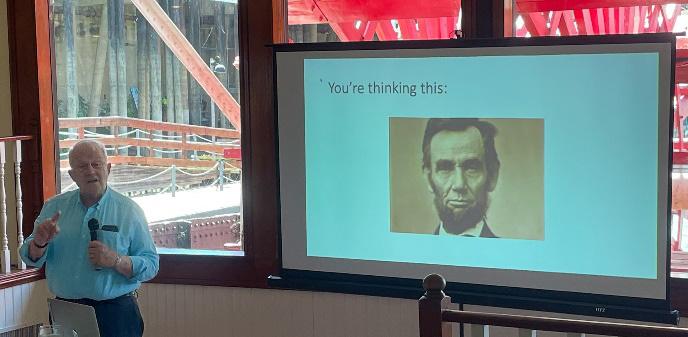
s the weather began to warm up, legal professionals from around the Sacramento area gathered at The Delta King in Old Sacramento on Thursday, May 22 to look at civility from the lens of a respected lawyer-turned-President, Abraham Lincoln. The event was jointly sponsored by the Sacramento St. Thomas More Society (STMS), the Sacramento J. Reuben Clark Law Society (JRCLS), and the Sacramento BYU Management Society (BYUMS), a collaboration going back over 17 years for the three groups.
During the event, author Arnold Kunst shared how Lincoln steered the country from a low point where the Supreme Court declared that no African American had rights that any white man need honor until the passage, a mere eight years later, of the 13th Amendment outlawing slavery forever. As a lawyer, Lincoln mastered winning over 12 men good and true; during his 49 months in the White House,
his skills had to go on overdrive, with civility as a rudder. The same principles applied – strategic patience rather than firing first; using reasoned argument over passion to win over opponents; restraint instead of throwing others under a proverbial bus.
The event was well attended, with legal professionals from various firms and organizations in attendance. Attendees found the exemplars, although removed in time, still relevant to the personalities and issues being battled today.
Taking a pause to contemplate civility from one of our county’s most famous lawyers re-focuses our work in today’s often uncivil legal world; continuing our long tradition of Catholic and Mormon attorneys and businesspeople gathering together over lunch advances our profession generally,” said STMS President Plauché Villeré Jr. He continued:
“One of STMS’ core values is ‘to advocate, encourage, and model respect, civility, and ethics in the

Heather Cline Hoganson is an Assistant Chief Counsel at the Department of Health Care Access and Information, Office of Health Care Affordability, and has been the Recording Secretary for STMS for over 20 years. She is a former editor of this publication and was the 2016 SCBA President.
Photos by Angela Lai
practice of law.’ This annual event brings together legal professionals from different organizations to learn from one another and gain a deeper appreciation of the legal system in a time where challenges to that system are significant. While Lincoln lived in a different world, there are a lot of parallels from which we can derive lessons in ethics and civility.”
The speaker, Arnold Kunst, holds an MA in history from Queen’s University in Northern Ireland, and taught adults and children on both sides of the Atlantic for over 40 years. His recent work as a teacher in a California state prison drew him to publish the 4-CD set, The World of Abraham Lincoln, and book, Lincoln 365. Information about upcoming STMS events can be found at https://www.sacstms.org/events Information about upcoming JRCLS and BYUMS events can be found at https://byums.byu.edu/ us-sacramento/
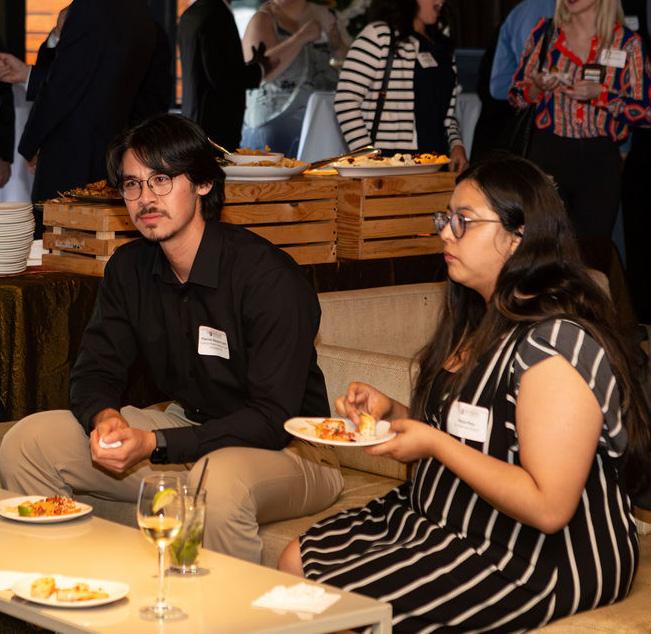




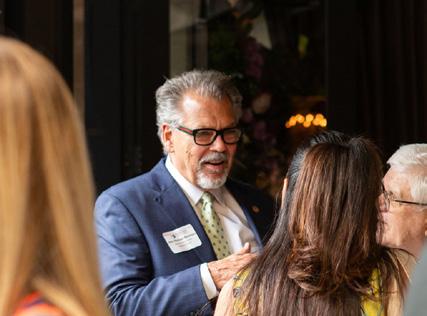

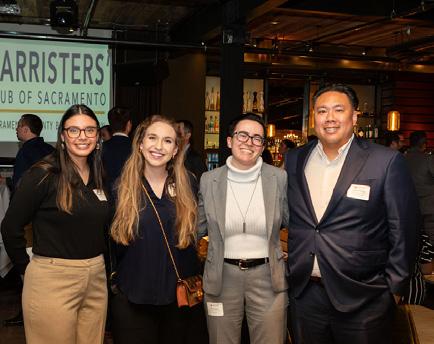
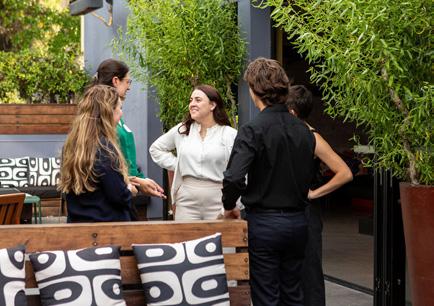
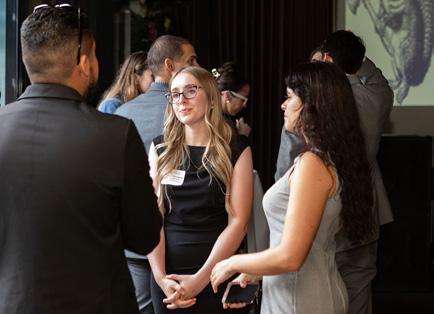
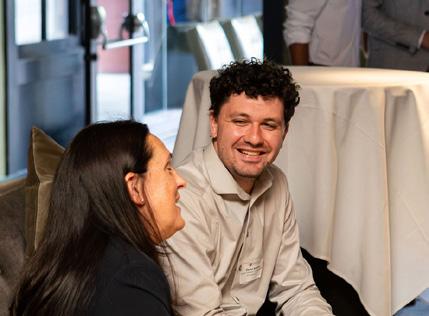

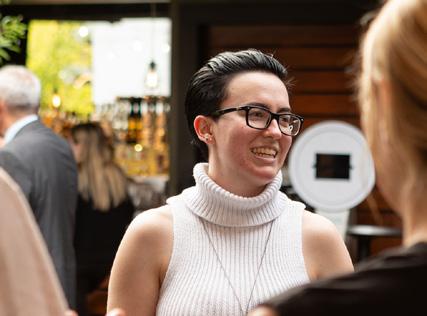

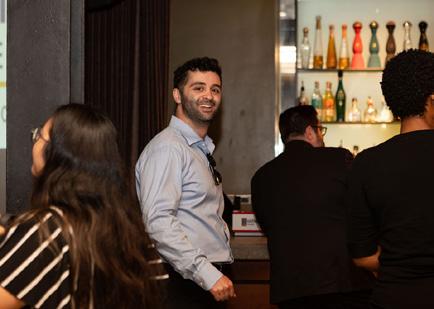
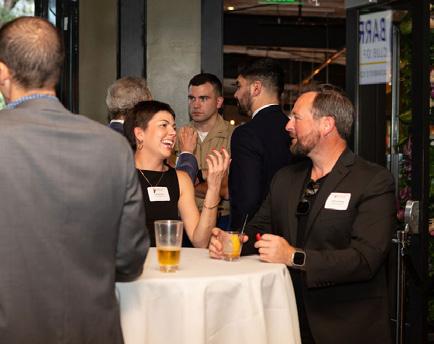
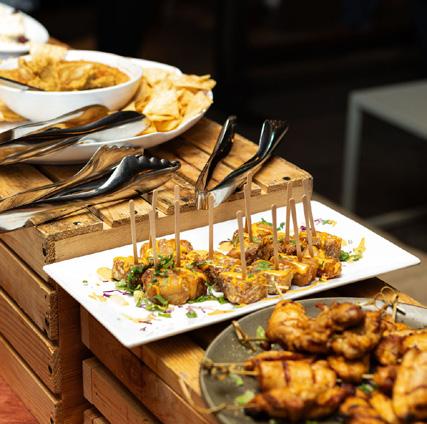
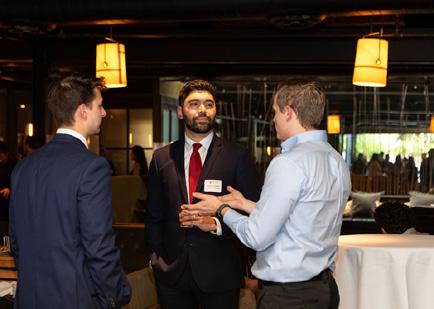




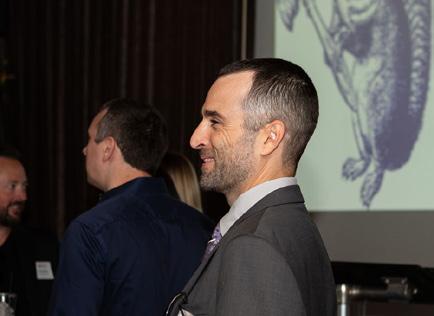





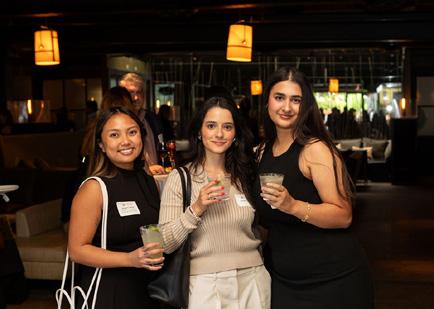

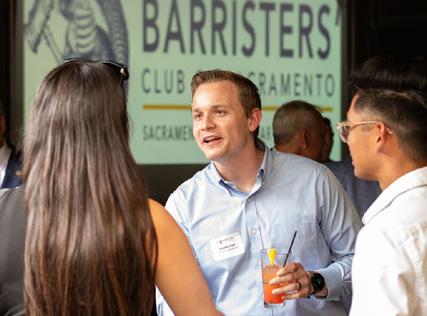
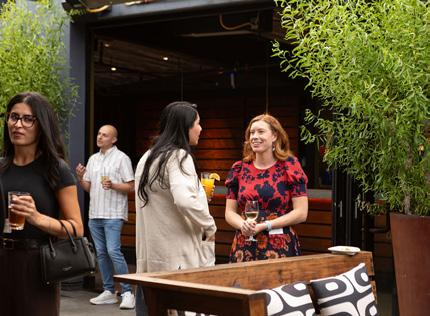

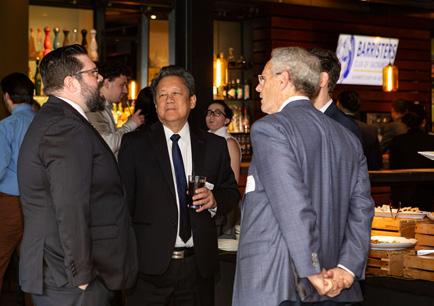
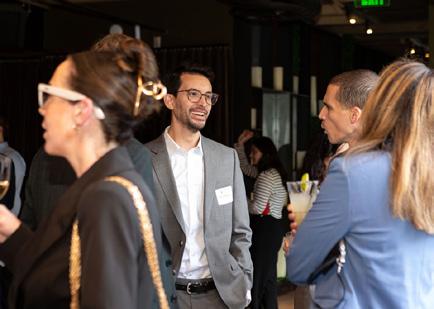



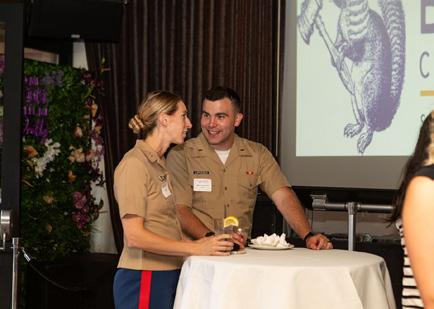

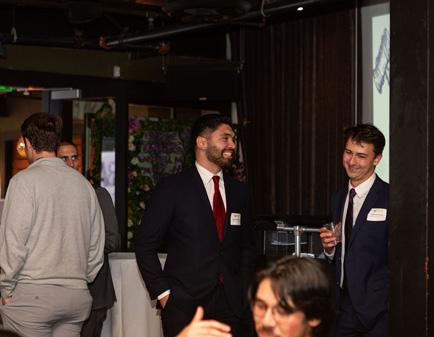


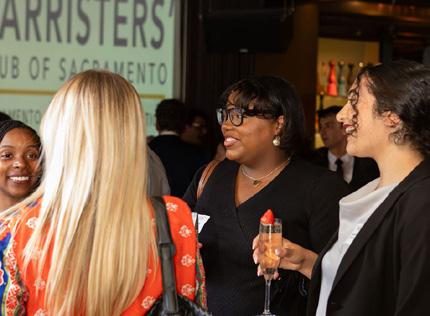
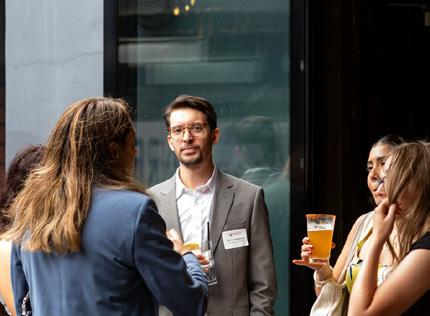
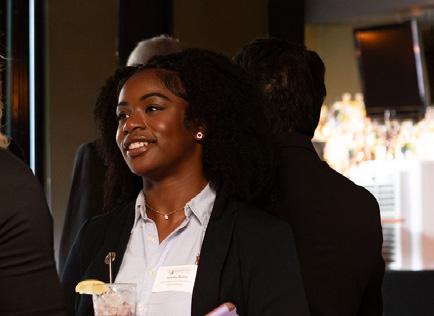

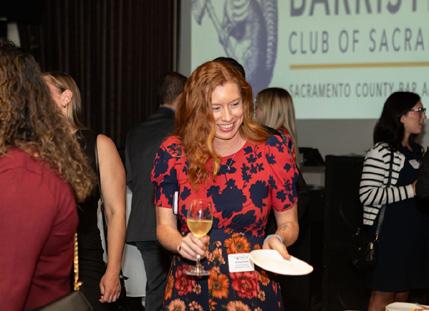


WEDNESDAY, DECEMBER 10, 2025
SHERATON GRAND HOTEL SACRAMENTO
By Angelina Ray
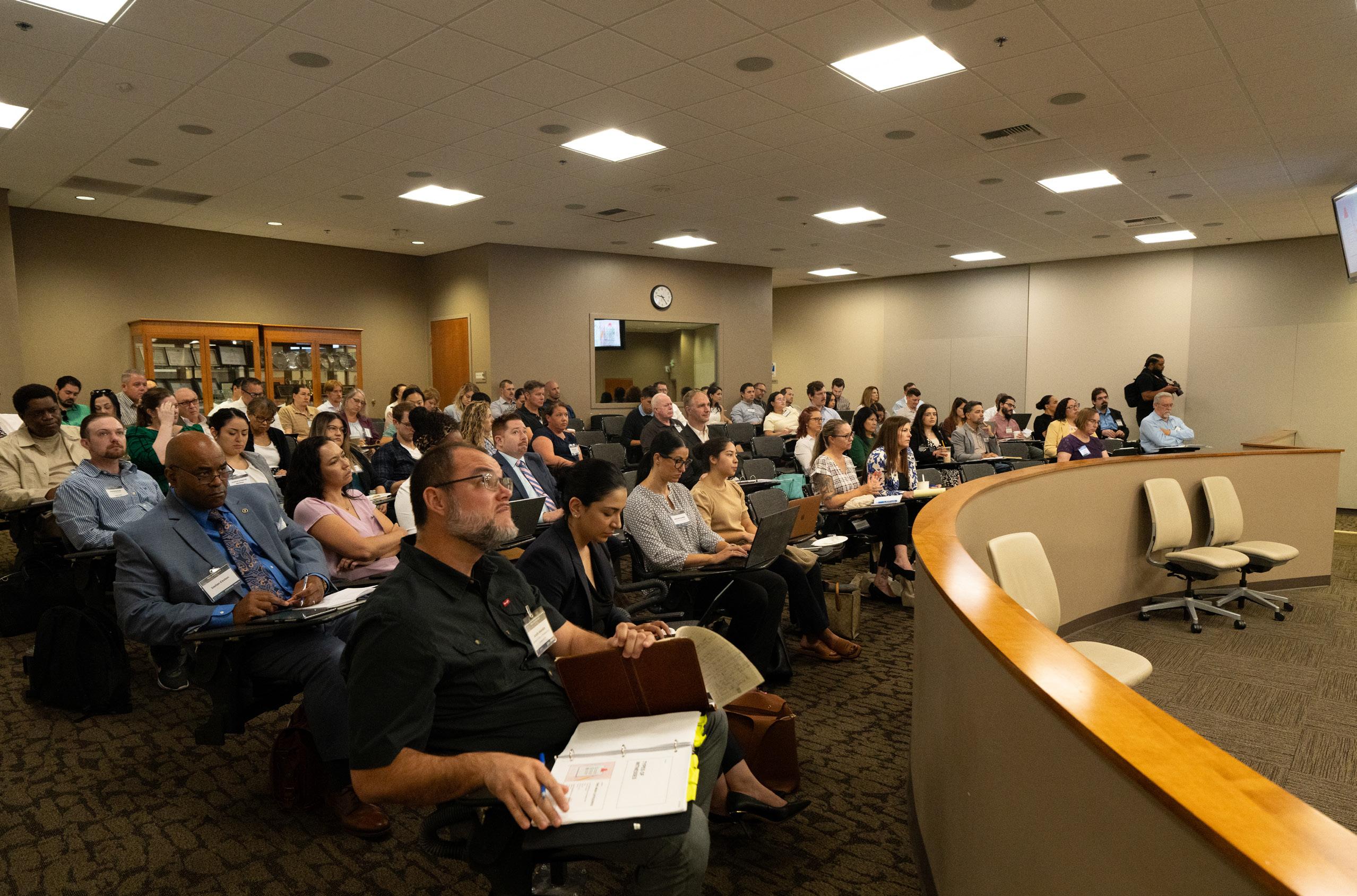

Angelina Ray is the President of the Sacramento County Bar Association. She can be contacted at angelina@pacemtempest.com.
he SCBA’s 2025 Trial Advocacy Conference, held August 22–23 at McGeorge School of Law, was nothing short of a triumph. With registrations selling out weeks in advance, the energy in the halls matched the anticipation that had been building across practice areas. Attorneys from across Sacramento, civil litigators, criminal defense counsel and prosecutors, family and probate practitioners, and judges,
gathered for two days of learning, networking, and sharpening their craft.
From the outset, the conference set itself apart. With three concurrent tracks, civil, criminal, and family/probate, the programming was designed to meet the needs of practitioners at every stage of their careers. Each track offered a blend of foundational skills workshops, advanced strategy sessions, and interactive trial exercises, ensuring that attendees left with both practical tools and renewed inspiration. Highlights included sessions on jury selection techniques, effective cross-examination strategies, and the nuances of working with experts. In the family/probate track, faculty led deep dives into evidentiary pitfalls, and storytelling for
emotionally complex cases. Across all tracks, participants praised the balance between technical instruction and real-world insight.
Distinguished Faculty and Judges
The faculty roster read like a who’s who of Sacramento’s legal community. Hon. Lauri Damrell, Hon. Carlton Davis, and Justice Elena Duarte were among the jurists who shared their perspectives from the bench, offering candid advice on trial preparation and courtroom demeanor. Local practitioners, including seasoned trial attorneys from both large firms and solo practices, guided participants through hands-on workshops, lending authenticity and relatability to every exercise.
Keynote remarks underscored the value of professionalism and civility in trial practice. Judges and faculty alike emphasized that while
skill is essential, reputation and integrity are what endure. A special thank you to every one of our Judicial Speakers, including those mentioned above and here named in no particular order, Hon. Jaya Badiga, Hon. Julie Weng-Gutierrez, Hon. Russell Hom (Ret.), Hon. Curtis Fiorini and Hon. Jonathan Hayes. Collaboration and Community
Beyond the formal sessions, the conference fostered genuine connection. Attendees engaged in spirited discussions between panels, exchanged war stories over coffee, and forged new mentoring relationships. For many, the conference was as much about community building as it was about technical training.
The sold-out crowd reflected both the hunger for trial skills training and the unique role SCBA plays in convening practitioners across disciplines.
The success of the 2025 Trial Advocacy Conference signals not just a milestone, but a movement. SCBA has positioned itself as a leader in offering high-quality, accessible professional development tailored to Sacramento’s diverse bar. With the enthusiasm from this year’s event, conversations have already begun about expanding future conferences and exploring new partnerships.
In the end, the conference achieved exactly what it set out

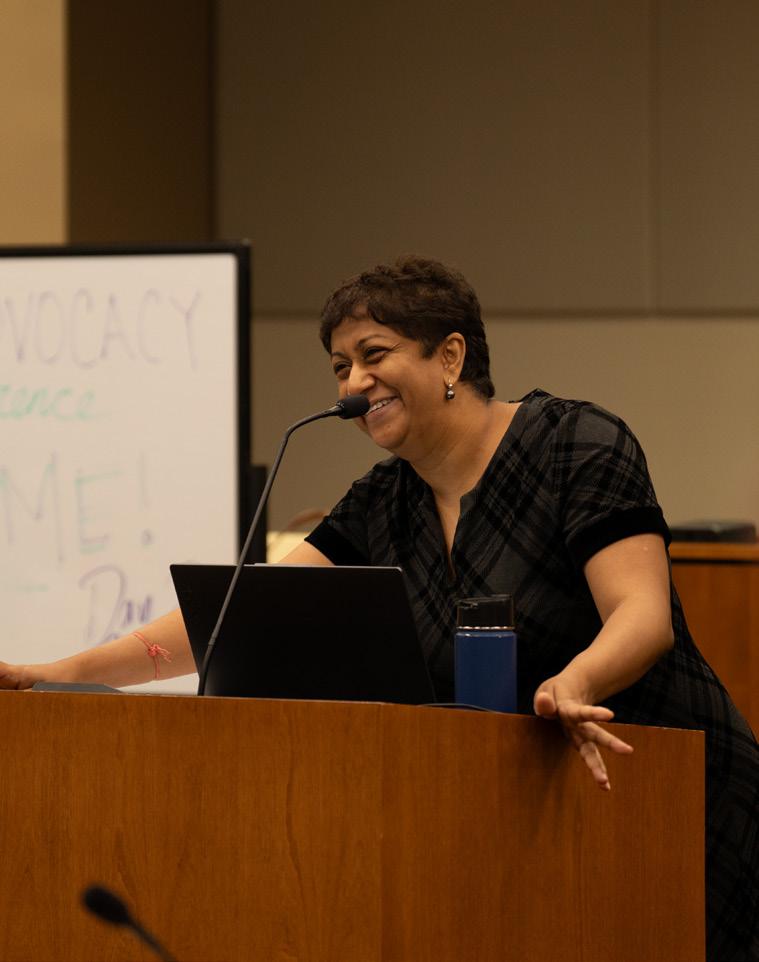
to do: equip lawyers to be better advocates for their clients, and in doing so, strengthen the justice system itself.
The SCBA extends heartfelt thanks to the faculty, sponsors, McGeorge School of Law, and the dedicated SCBA staff and planning committee, who made this event possible. Special thanks to Hannah Vogel who ensured the needs of each attendee were met with class and style! And, finally, to the lawyers who filled every seat – thank you for showing up, leaning in, and making the 2025 Trial Advocacy Conference an unforgettable success.
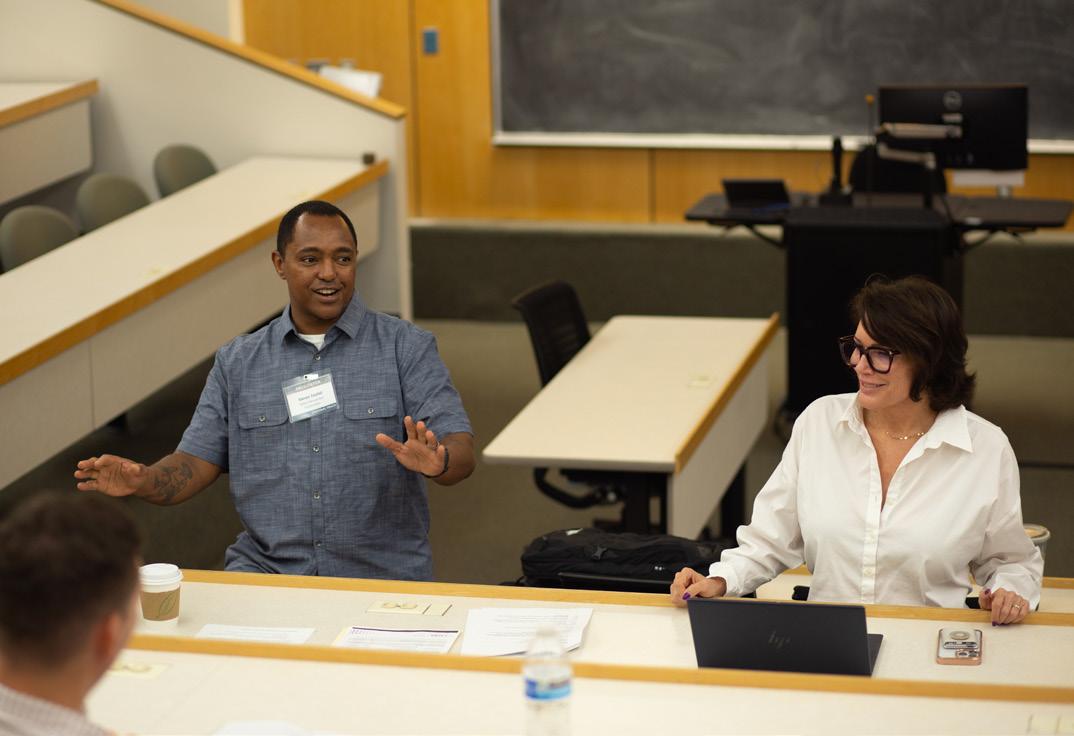
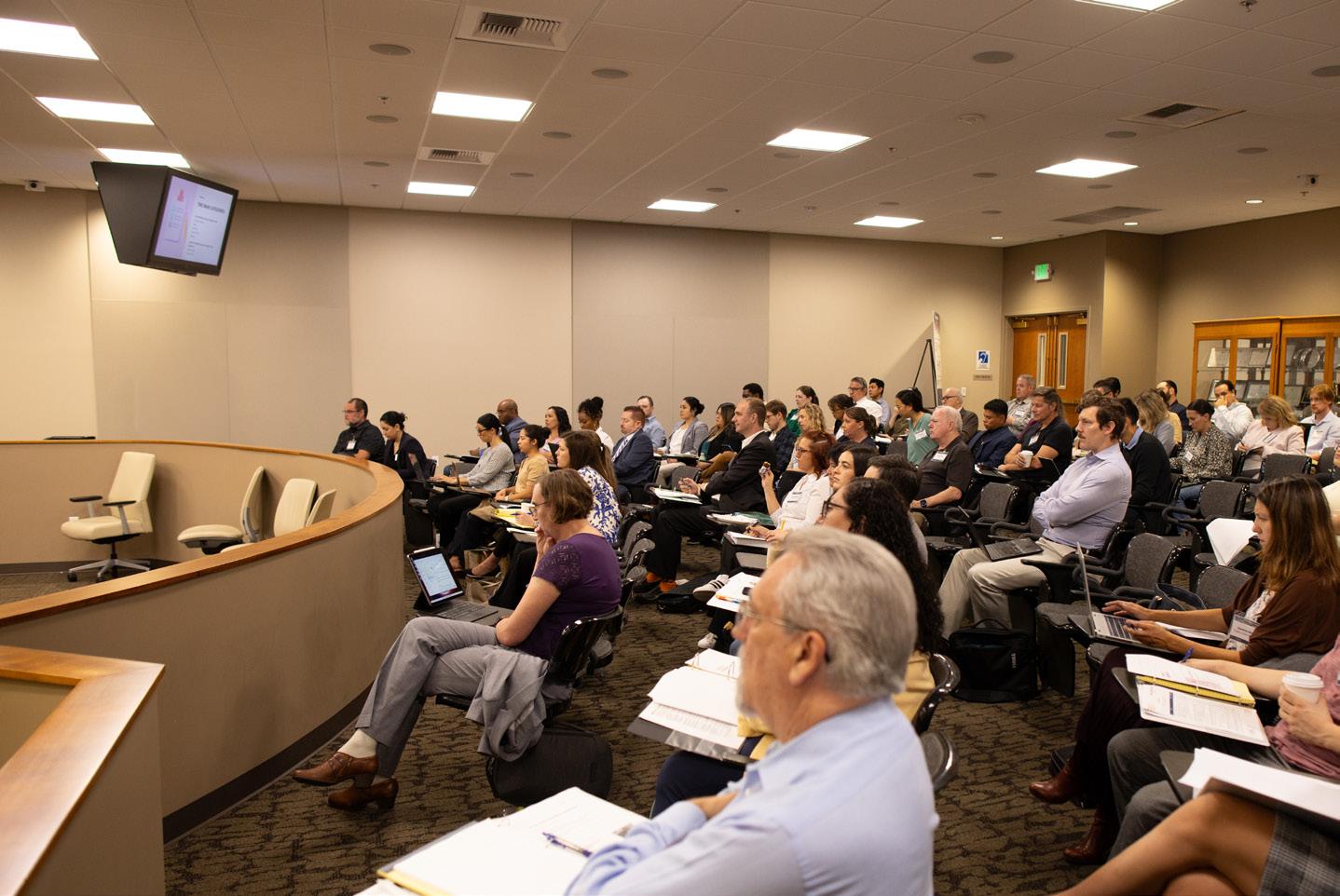
By Myles G. Taylor

he SCBA’s Business Law Section provides networking and continuing education opportunities for professionals practicing in transactional, litigation, and in-house capacities. The term Business Law includes corporate and commercial law, but it also describes the type of clients or work we perform. Since
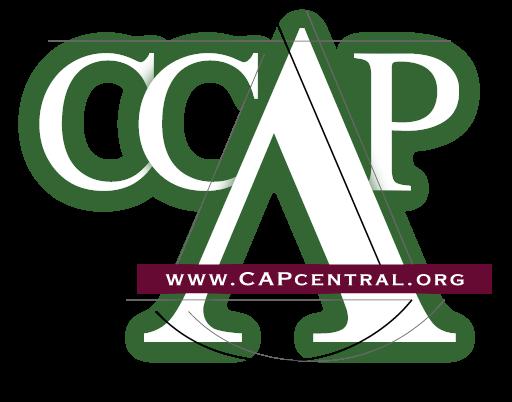
business issues touch so many different areas of law at once, we regularly look to link with other SCBA Sections to collaborate on events and collectively grow our knowledge, abilities, and community. For more information about the Business Law Section, please contact Myles G. Taylor at myles@ parlawgroup.com.
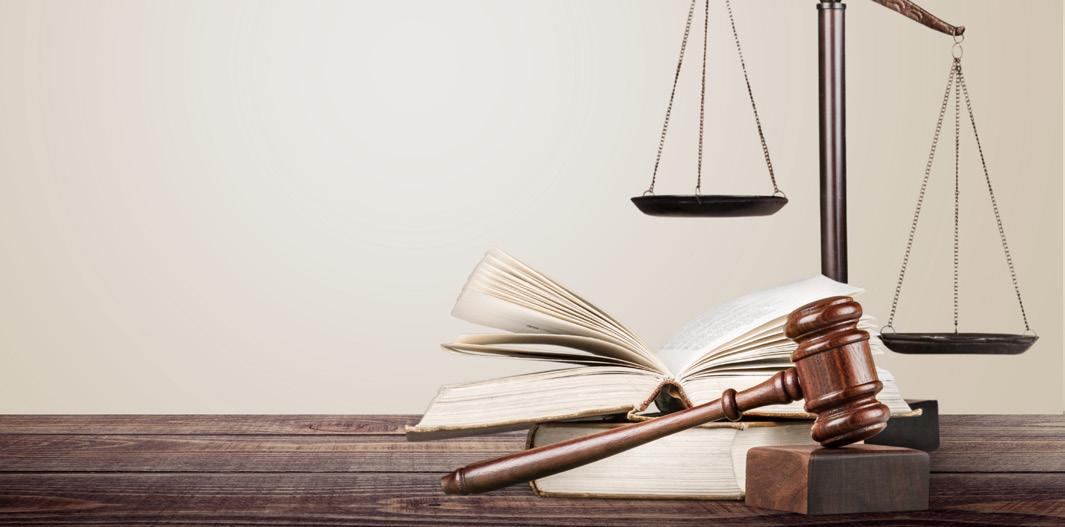
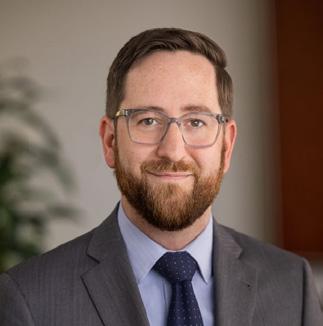
Myles G. Taylor is a partner at Parker Taylor Law Group, PC, where he practices business law and litigation. He is also the Chair of the SCBA Business Law Section. He can be reached at myles@parlawgroup.com. Interested in Court-Appointed Appeals? Join CCAP’s Panel!
• Expand your practice with support from Central California Appellate Program (CCAP). We offer case assignments in criminal, juvenile, dependency & mental health appeals in the 3rd & 5th Districts.
• Get free training, guidance, and prompt compensation processing.
• Take as many or as few cases as you like.
• Sign up to receive summaries of recently published cases. Learn more & apply at www.capcentral.org
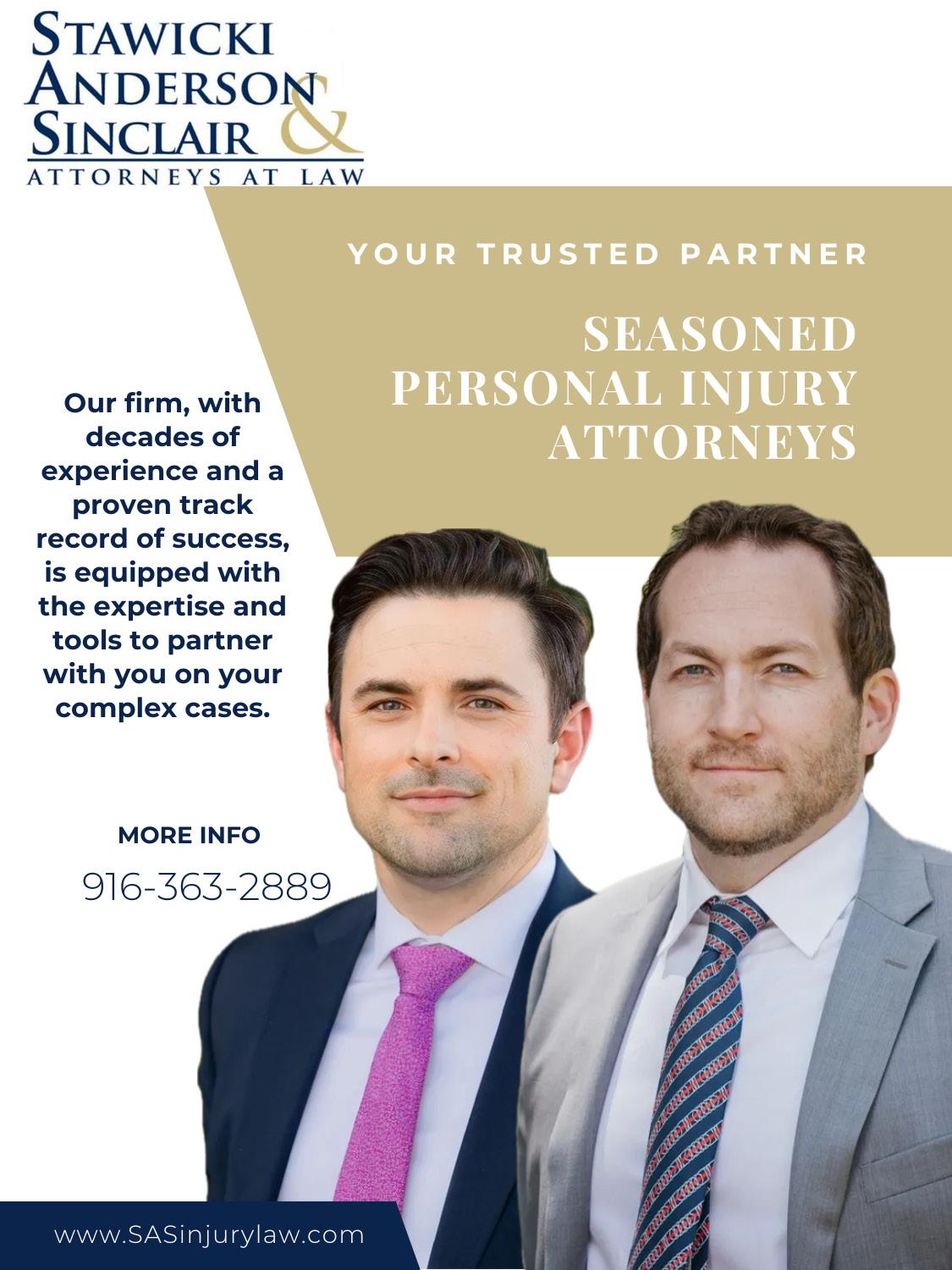

1944 – August 1, 2025
In Memoriam provided courtesy of Matheny, Sears, Linkert & Jaime, LLP
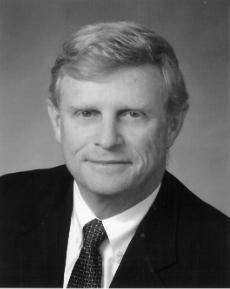
t is with a great deal of sadness that SCBA reports the passing of Douglas Alson Sears.
Doug died peacefully on the evening of August 1st, 2025, surrounded by his wife, Liz Netermeyer Sears, and children Aaron and Ashley. He is now at rest after a long illness.
Doug, a giant in the Northern California litigation community, was born on June 29, 1944, in Oakland. He and his family soon moved to Oroville, where he grew up hunting and fishing with his father. He was a standout athlete in high school and established life-
long friendships, including one of his best friends, Steve Leonard, the son of an attorney who would inspire Doug’s career choice. After high school, he was recruited to play basketball at the University of San Francisco. Upon graduation, he had a choice between the MBA program at UCLA and law school at the University of San Francisco. After a year, a close friend recruited him to transfer to McGeorge School of Law, where he graduated and took the Bar Exam in 1970.
In February of 1971, Doug accepted a position with the Sacramento County District Attorney’s Office. He quickly became a star prosecutor, becoming the youngest Deputy DA to successfully try a first-degree murder case. He went on to become the supervisor of the Major Crimes Unit and won 12 first-degree murder cases. In March 1975, he joined the civil defense firm of McDonald & Donohue, where he practiced until he joined Henry “Hank” Matheny and Tony Poidmore to form Matheny Poidmore & Sears, a firm that went on to become the present-day Matheny, Sears, Linkert & Jaime.
During his decades leading the
firm, Doug became a towering figure in the civil litigation community. Over the years, he tried all types of cases with high exposure. As in golf, his favorite “club in the bag” was his driver. He was fearless and delivered closing arguments that terrified co-defense counsel but won huge victories for all defendants, as was the case in a “road rage”/products liability case he tried for several months in Stockton. During that trial, he drove home to his beloved Colfax retreat every night. His energy was remarkable.
As a testament to his talents, Doug was elected President of the Association of Defense Counsel of Northern California and Nevada (ADC) in 2005. He was elected into the American Board of Trial Advocates (ABOTA), an honorary organization of accomplished trial lawyers. He was AV-rated by Martindale-Hubbell and a Super Lawyer as well.
As massive as his professional accomplishments are, they pale in comparison to Doug, the man. He was the kind of person who would do anything for you. Funny. Bombastic. Just wonderful to be around. The world is a lesser place.
